Welcome to Good Market Info!
Click the logo to return to the Good Market app
Welcome to Good Market Info! Click the logo to return to the Good Market global app.

Welcome to the 49 social enterprises, cooperatives, responsible businesses, civic organizations, and networks that became Good Market approved in February 2024! This month’s roundup includes new community members from Peru, the United States, Canada, South Africa, Kenya, Uganda, Cameroon, Spain, Jersey, Wales, England, Scotland, Germany, Italy, Palestine, Yemen, India, Bangladesh, Sri Lanka, and Australia. The most active networks were El Puente and Social Enterprise UK. More than 3,275 enterprises across 105 countries are now part of the Good Market commons.
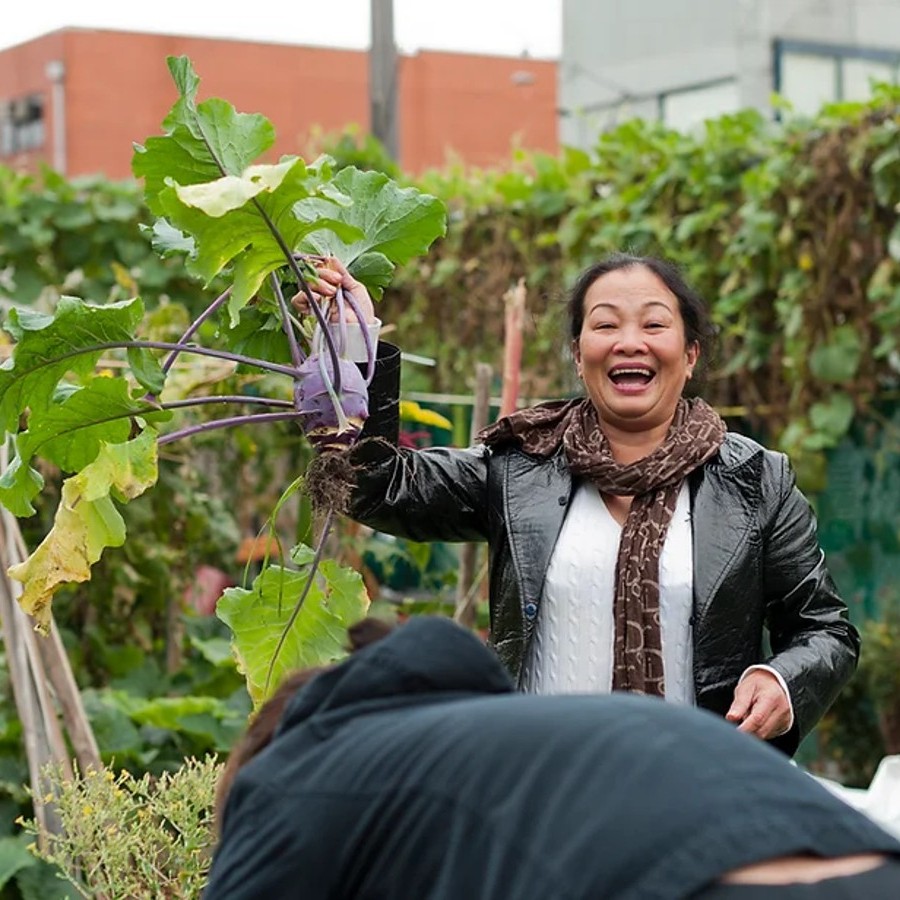
Abbotsford, Victoria, Australia
Cultivating Community works with diverse and low-income communities to create resilient, fair, and secure food systems in Melbourne. They offer garden design, build, and maintenance services, employment pathways for people who are deaf, hard of hearing, or culturally or linguistically diverse (CALD), cooking and baking projects, therapeutic horticulture and social prescribing programs, and workshops and learning experiences for all ages. Their public housing community gardens include more than 800 plots across 21 locations, create an inclusive gathering space, and improve access to healthy, affordable, and culturally appropriate food. Cultivating Community started Hortus Social Enterprise to expand garden services to medical centers, shopping malls, urban office rooftops, schools, charity groups, and other potential partners. They source from social enterprises and nonprofits whenever possible and work with others to create systems change through Moving Feast. Cultivating Community is a registered not-for-profit charity and a Social Traders Certified Social Enterprise.
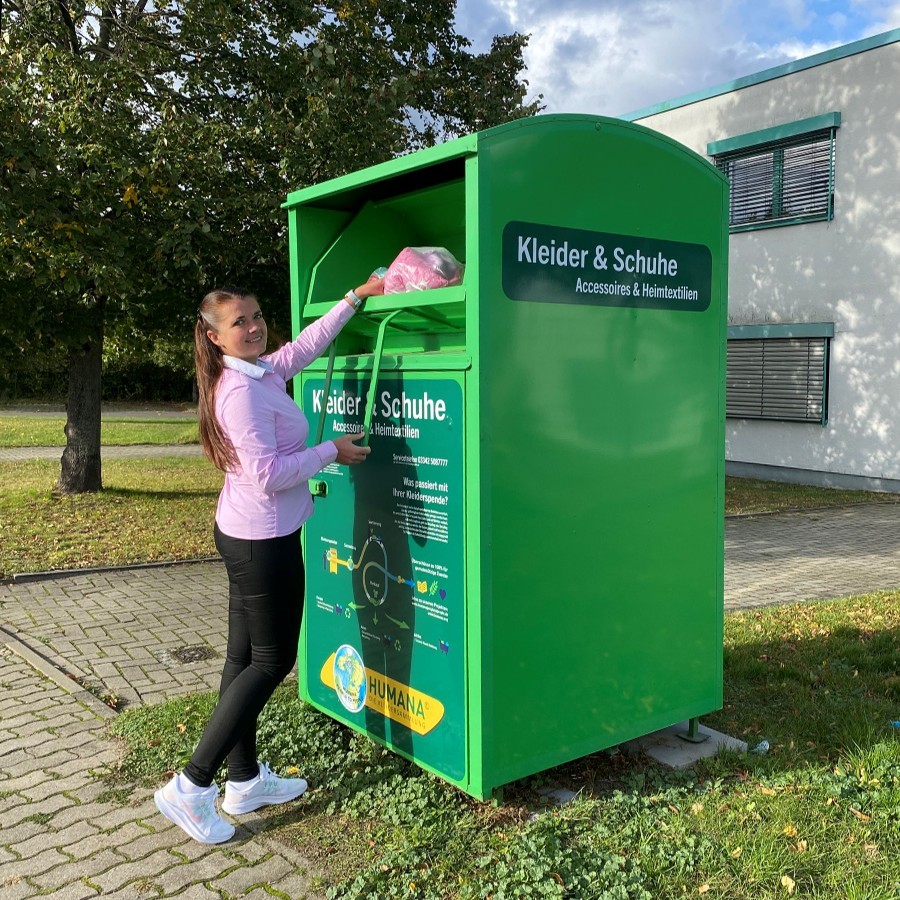
Hoppegarten, Germany
HUMANA Kleidersammlung collects and sorts used clothing and shoes in Germany to benefit people and the planet. They introduced the first clothing collection containers in 1988, developed reliable nationwide collection systems, and established a sorting facility in Hoppegarten with industry-leading re-wear rates. The clothing is sorted by hand into more than three dozen categories, and sold to partners in Germany and abroad. Their sorting process ensures that shipped wearable clothing meets the needs of local people and unwearable items are recycled or disposed of by specialized buyers. HUMANA Kleidersammlung creates transparent and externally verified carbon footprint and material flow reports. All surplus is reinvested or used for development cooperation through HUMANA People to People member organizations. HUMANA Kleidersammlung is a member of Social Entrepreneurship Netzwerk Deutschland (SEND), Bundesverband Nachhaltige Wirtschaft (BNW), Bundesdeutscher Arbeitskreis für Umweltbewusstes Management (BAUM), and Bundesverband der Deutschen Entsorgungs, Wasser, und Kreislaufwirtschaft (BDE).
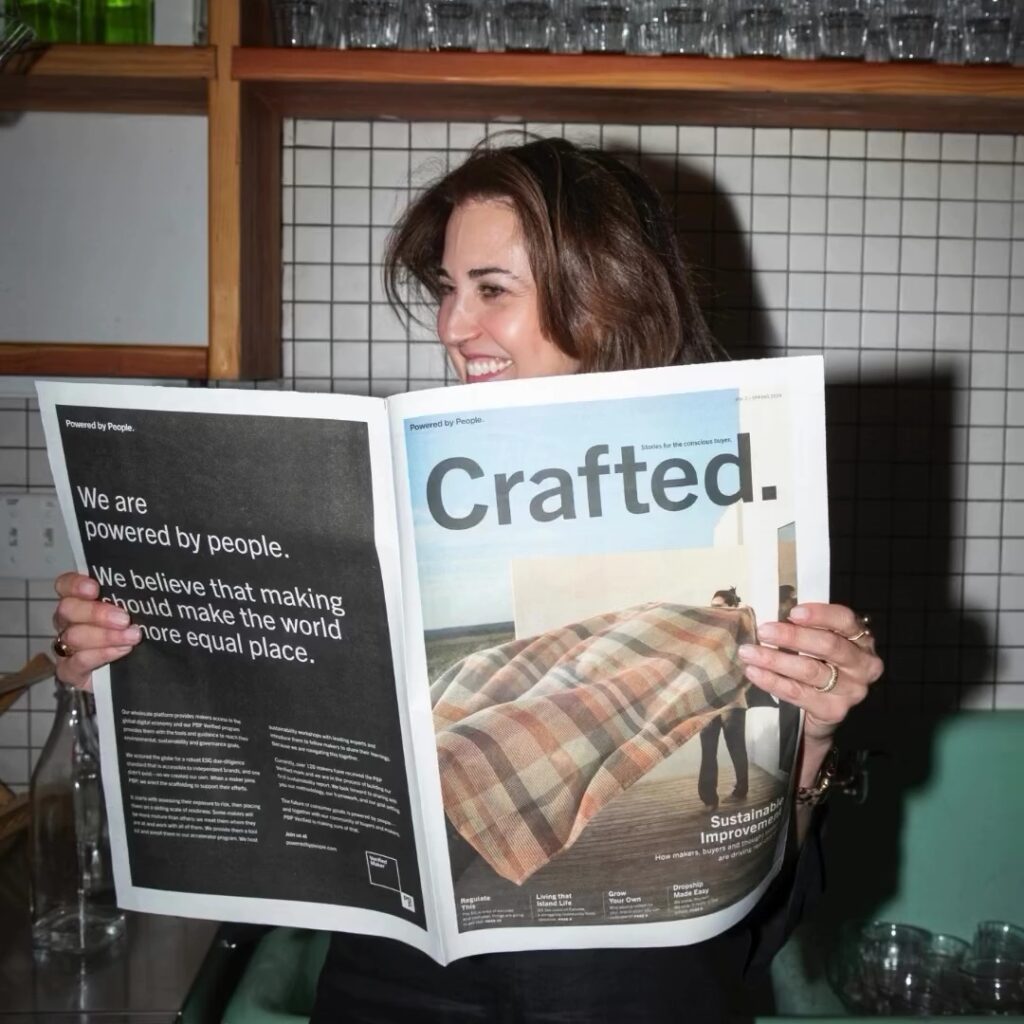
Toronto, Ontario, Canada
Powered by People (PBP) addresses systemic trade barriers and provides sustainable economic opportunities to independent makers around the world. Their curated digital marketplace and concierge services make it easier for wholesale buyers to transparently source small-batch, responsibly made goods, and their digital tools, financing, and logistics services enable makers to access the global economy. Powered by People has developed an environmental, social, and governance (ESG) due diligence process that starts with the PBP charter and code of conduct. They maintain a restricted materials and substances list, assess maker readiness, and encourage responsible production with a focus on workers’ rights, living wages, health and safety, equality at work, systems for homeworkers, greenhouse gas emissions, resource and water efficiency, waste management, business conduct, traceability, and transparency. Powered by People runs campaigns to consolidate sea shipments and reduce carbon emissions.
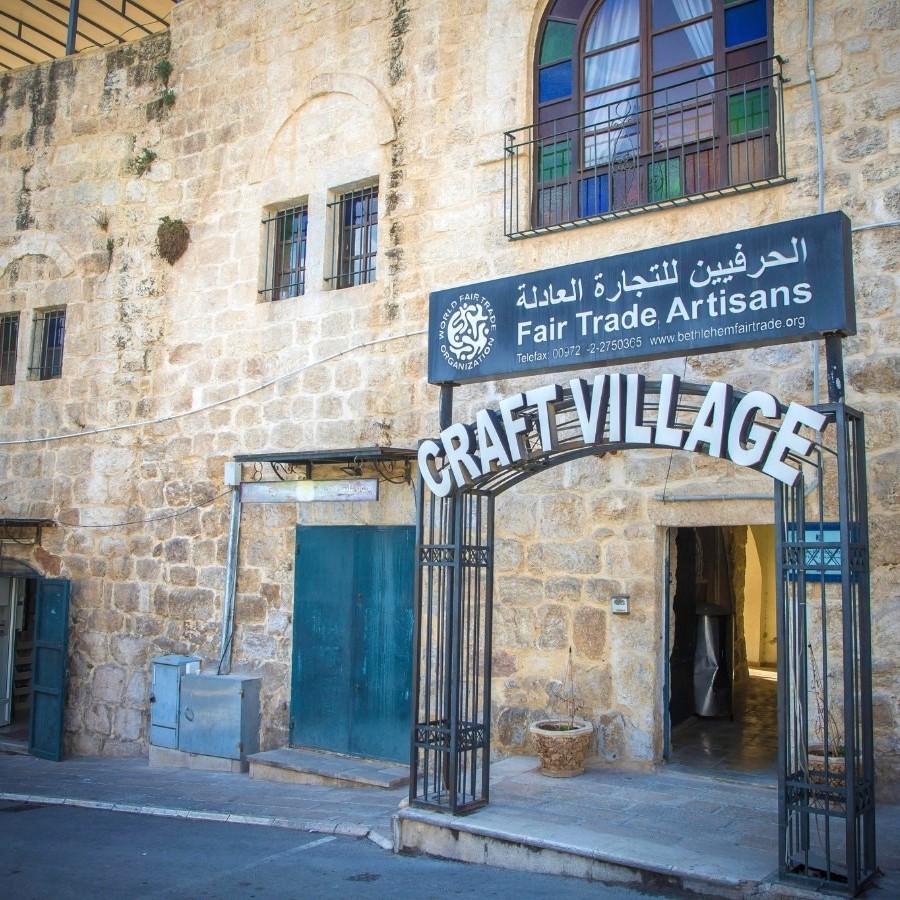
Beit Sahour, Palestine
Bethlehem Fair Trade Artisans (BFTA) celebrates Palestinian culture, creates opportunities for marginalized producers, and strengthens the local economy through fair trade exports and tours. They serve as an umbrella organization for dozens of family-owned workshops, women’s cooperatives, disabled producer groups, and other artisan collectives across the West Bank and Gaza. Bethlehem Fair Trade offers olive wood, ceramic, and blown glass housewares, felted wool ornaments, children’s toys, traditional embroidery, kufiya scarves, mother-of-pearl jewelry, olive oil soap, Dead Sea skincare, recycled paper cards, and other handmade products. All of their artisan partners follow fair trade principles. The BFTA Craft Village in Beit Sahour showcases their products and offers tours, art classes, authentic food, traditional dance, and other experiences. Bethlehem Fair Trade Artisans is registered as a not-for-profit organization and reinvests all surplus towards their purpose. They are a World Fair Trade Organization (WFTO) Guaranteed Member.
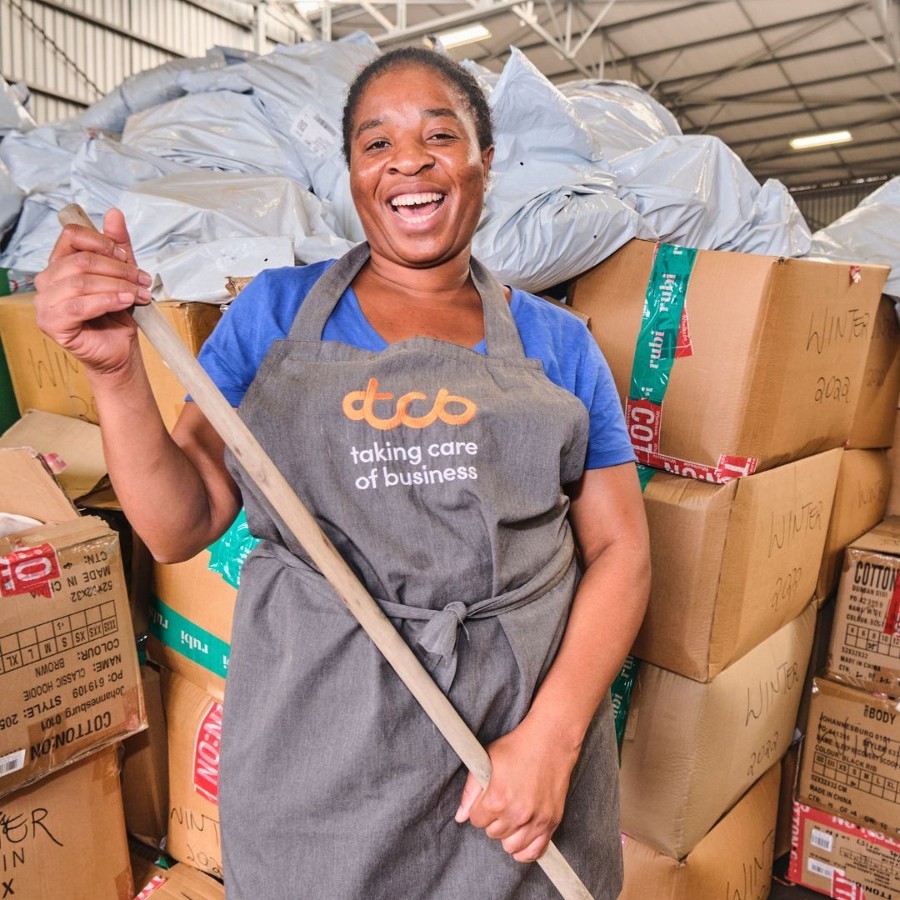
Cape Town, South Africa
Taking Care of Business (TCB) reduces fashion and retail waste and helps South African families escape the cycle of poverty through the circular economy. They collect excess merchandise from retail partners and manufacturers, debrand and sort products into categories, and equip aspiring entrepreneurs with the skills and resources they need to buy and sell these items for profit. Their Resell program helps unemployed mothers become successful fashion traders, Repair focuses on appliance repair and resale, and Remake works with seamstresses to repurpose fashion waste. TCB has developed a holistic model that combines viable business opportunities, access to resources and capital, training, practical work experience, mentorship, coaching, and deep personal growth. They have expanded this approach to their Grow Educare program, which helps preschools operate as sustainable businesses and deliver quality education in low-income communities, and Reskill, which provides training workshops to corporate and nonprofit organizations nationwide. TCB is a not-for-profit organization and reinvests all surplus towards their mission.
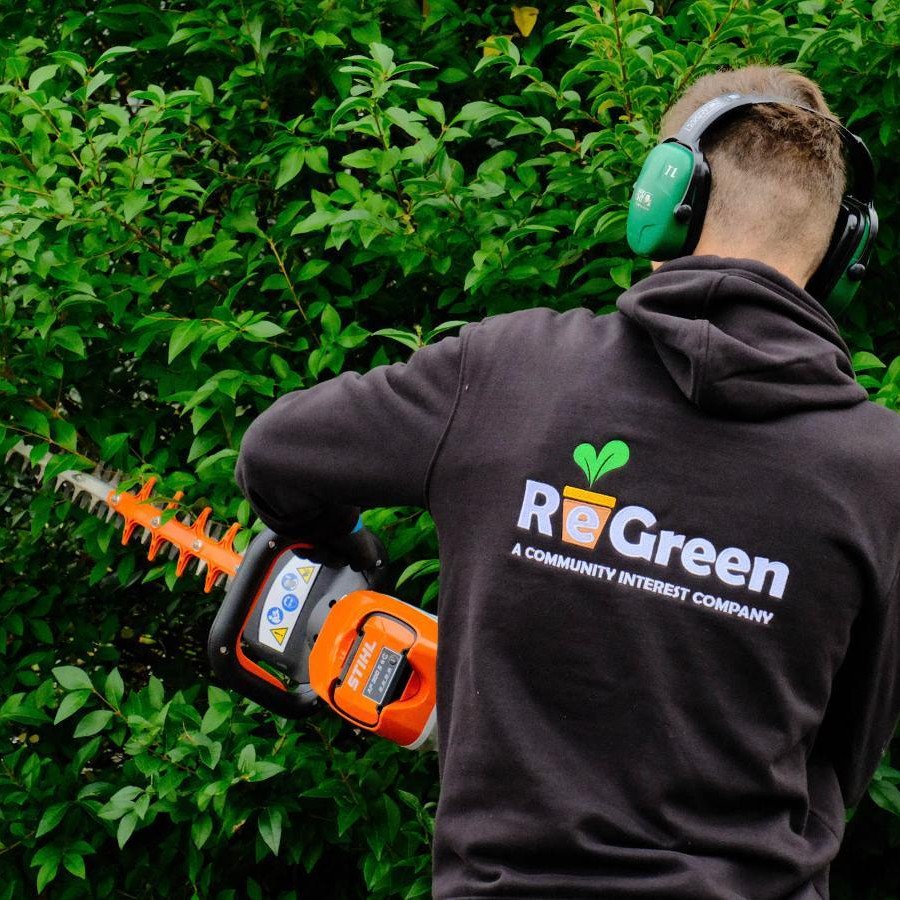
Newcastle upon Tyne, England, United Kingdom
ReGreen offers organic gardening services, products, and workshops and supports local community food production and urban green spaces in Newcastle upon Tyne. They specialize in garden maintenance, landscaping, mowing, trimming, planting, weeding, and container garden installation. They also offer wooden planters, bat boxes, hedgehog houses, bird feeders, nesting boxes, and bee hotels that are locally handmade from certified and reclaimed wood. ReGreen uses gardening equipment powered by renewable energy, selects plants that are good for pollinators, composts all organic waste, and works with customers to prevent the use of synthetic herbicides and pesticides. Profits are reinvested into neighborhood street gardens, planters, seed swaps, vegetable stalls, workshops for first-time food growers, and green space improvements. ReGreen is a Community Interest Company (CIC), has Good Business Charter accreditation, and is a member of Social Enterprise UK, Social Farms and Gardens, and the North East England Climate Coalition.
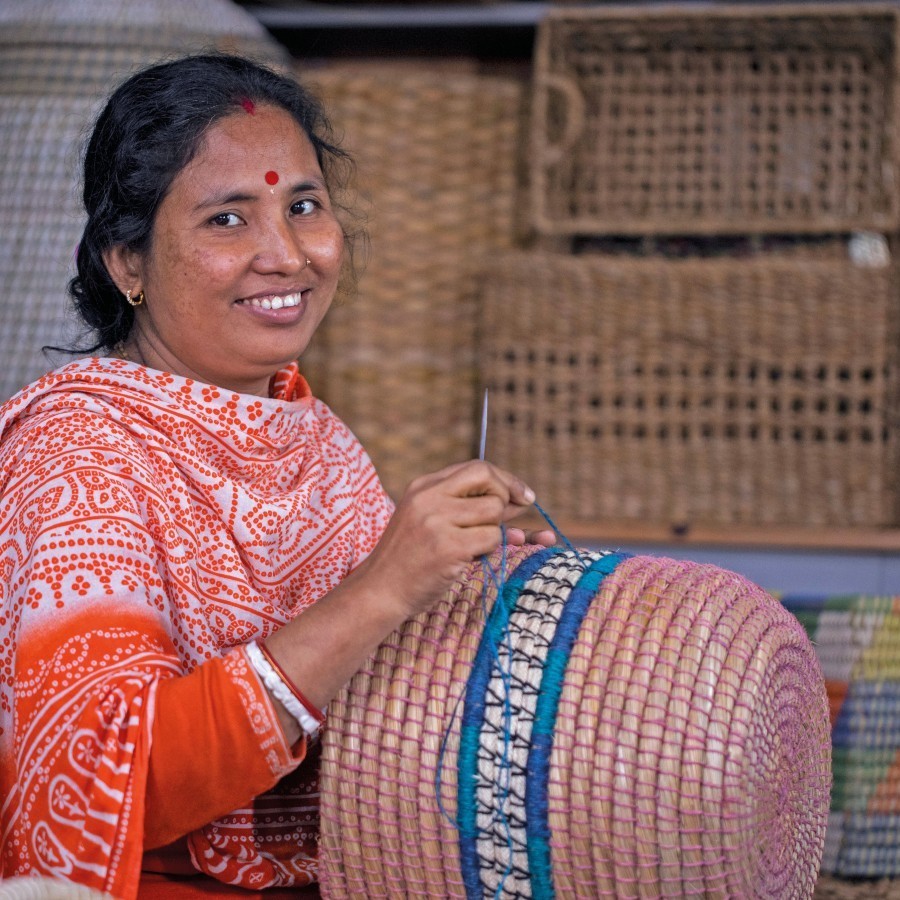
Balukhando, Bangladesh
Dhaka Handicrafts improves the welfare of artisans in impoverished rural areas of Bangladesh through the production and export of fair trade housewares and accessories. They use locally sourced natural fibers and recycled fabric waste to create handmade baskets, planters, home textiles, bags, and jewelry. Dhaka Handicrafts focuses on gender equality and the economic empowerment of rural women. They provide fair living wages, long-term employment opportunities, health benefits, and education facilities for artisans’ daughters. They also organize environmental awareness programs and tree-planting campaigns. Dhaka Handicrafts is a World Fair Trade Organization (WFTO) Guaranteed Member and a member of WFTO Asia, Banglacraft, and ECOTA Fair Trade Forum. They are registered as a not-for-profit organization and reinvest all surplus towards their mission.
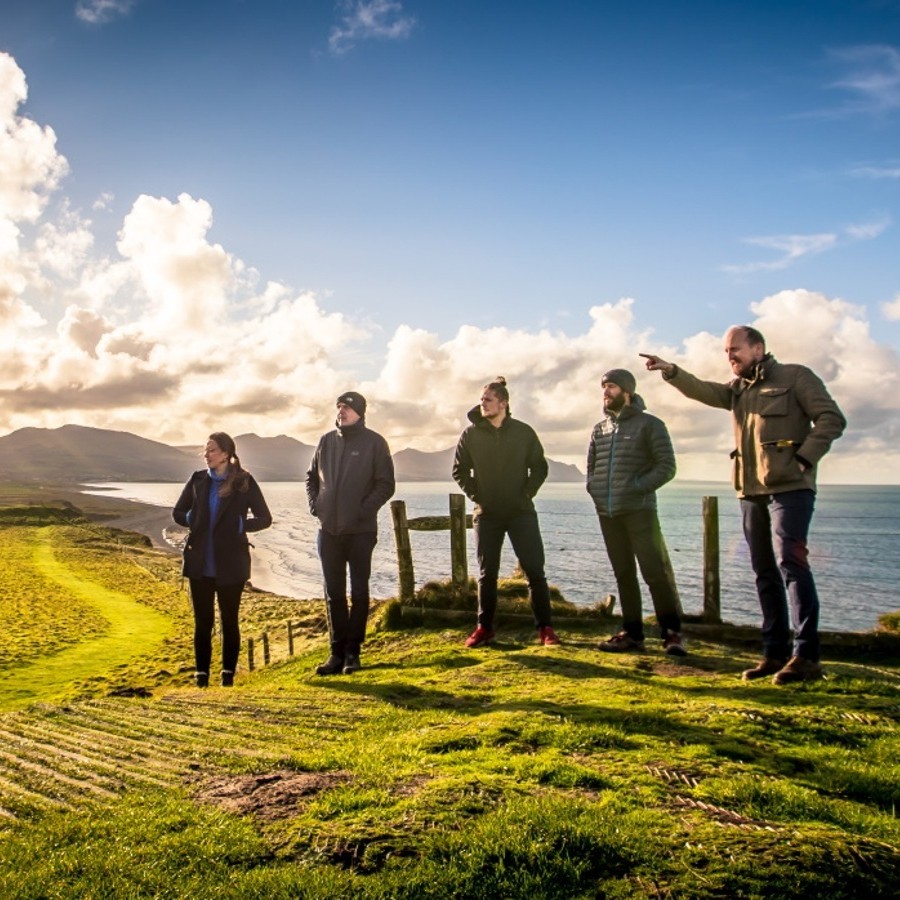
Caernarfon, Wales, United Kingdom
Datblygiadau Egni Gwledig (DEG) supports community-led action across northwest Wales to address fuel poverty and catalyze the transition to zero carbon. They help local people work together to reduce energy costs and fossil fuel dependence, generate sustainable electricity and heat, and strengthen the local economy. Community energy groups have developed Climate Action Plans, systems for improving energy efficiency, and community-owned hydro schemes, solar photovoltaic projects, wind projects, and electric vehicle charging points. DEG shares experiences and best practices across communities, assists with project planning and development, and helps groups access the necessary financing and expertise. Their projects integrate biodiversity improvements, fulfilling employment opportunities, Welsh language and culture, and local resilience. DEG is a registered Community Interest Company (CIC), an accredited Living Wage Employer, and a member of Social Enterprise UK, Community Energy Wales, RESCoop, and Climate Cymru.
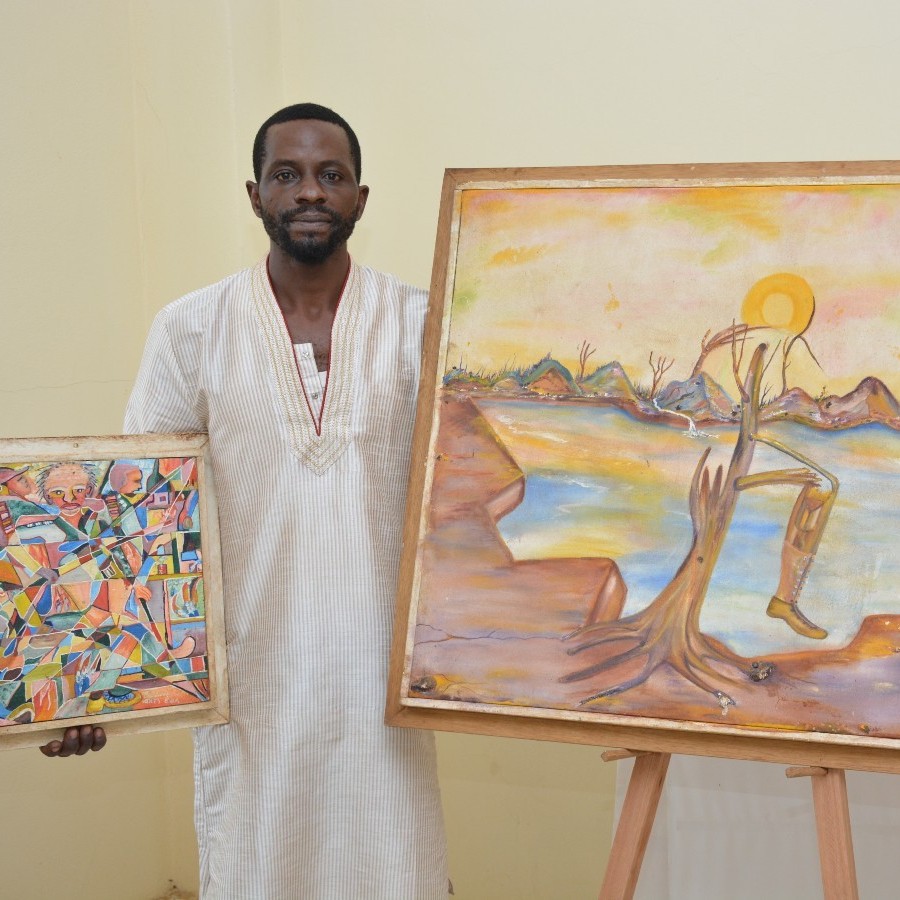
Bamenda, Cameroon
Collective Arts Development Association (CADA) uses art as a tool to transform mindsets and combat crime and drug abuse among young people in Cameroon. They offer art training, life skills education, and social enterprise development programs to drug addicts, ex-child soldiers, ex-convicts, orphans, and other vulnerable youth between 12 and 25 years old. Participants learn painting, sculpture, commercial printing, and other crafts, cultivate organic crops in the art school garden, and develop creative and entrepreneurial skills through a participatory, holistic approach. At the end of each training cycle, participants can apply for seed funding to set up small social enterprise ventures to foster positive change. CADA draws on lived experience to help young people see an alternative path and rebuild their resilience. They are registered as a local not-for-profit organization.
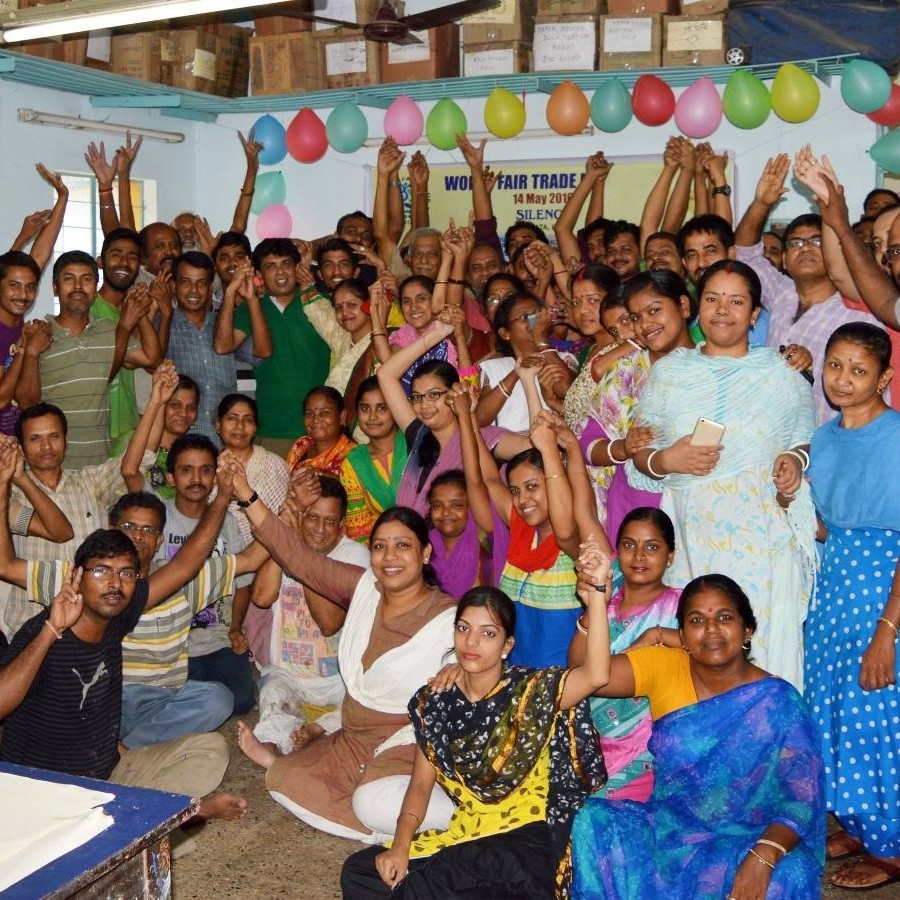
Howrah, West Bengal, India
Silence started in 1979 as a self-help initiative by deaf artisans to increase training opportunities, employment, and social inclusion for deaf and physically challenged people in India. Silence Training Institute provides accredited vocational training, Silence Workshop produces fair trade products for export and for the local market, and the Silence Retail Shop makes these crafts accessible to consumers in Kolkata. Trainees have access to housing and a monthly stipend. Silence staff receive a monthly salary, health and accident insurance, a retirement fund, medical and travel allowances, festival bonuses, and other benefits. Silence is a not-for-profit organization and reinvests all surplus towards their mission. They are World Fair Trade Organization (WFTO) Guaranteed Member and a member of WFTO Asia and Fair Trade Forum India.
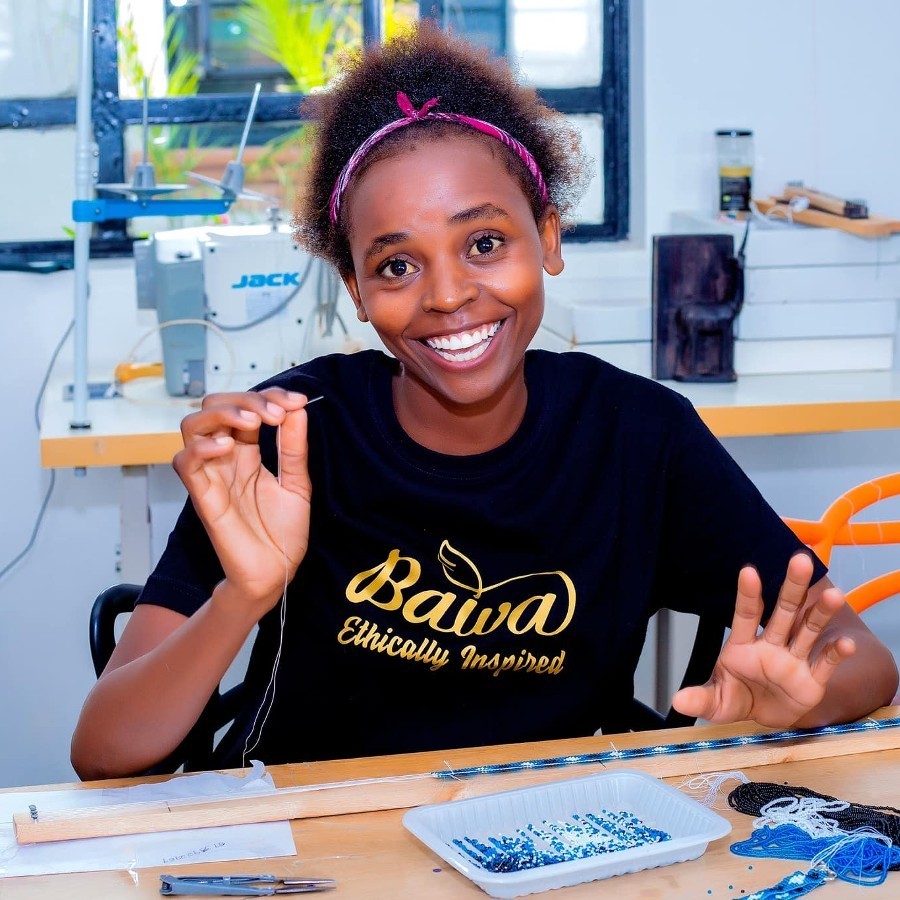
Athi River, Kenya
Bawa Hope creates environmentally responsible jewelry in Kenya and connects marginalized artisans with global markets. They specialize in jewelry made from upcycled brass, horn, and other waste materials and beadwork jewelry made on simple looms. Bawa Hope works with talented women and men in low-income areas and refugee artisan groups in Kakuma Refugee Camp and Kalobeyei Settlement. They are part of MADE51 by UNHCR, the UN Refugee Agency.
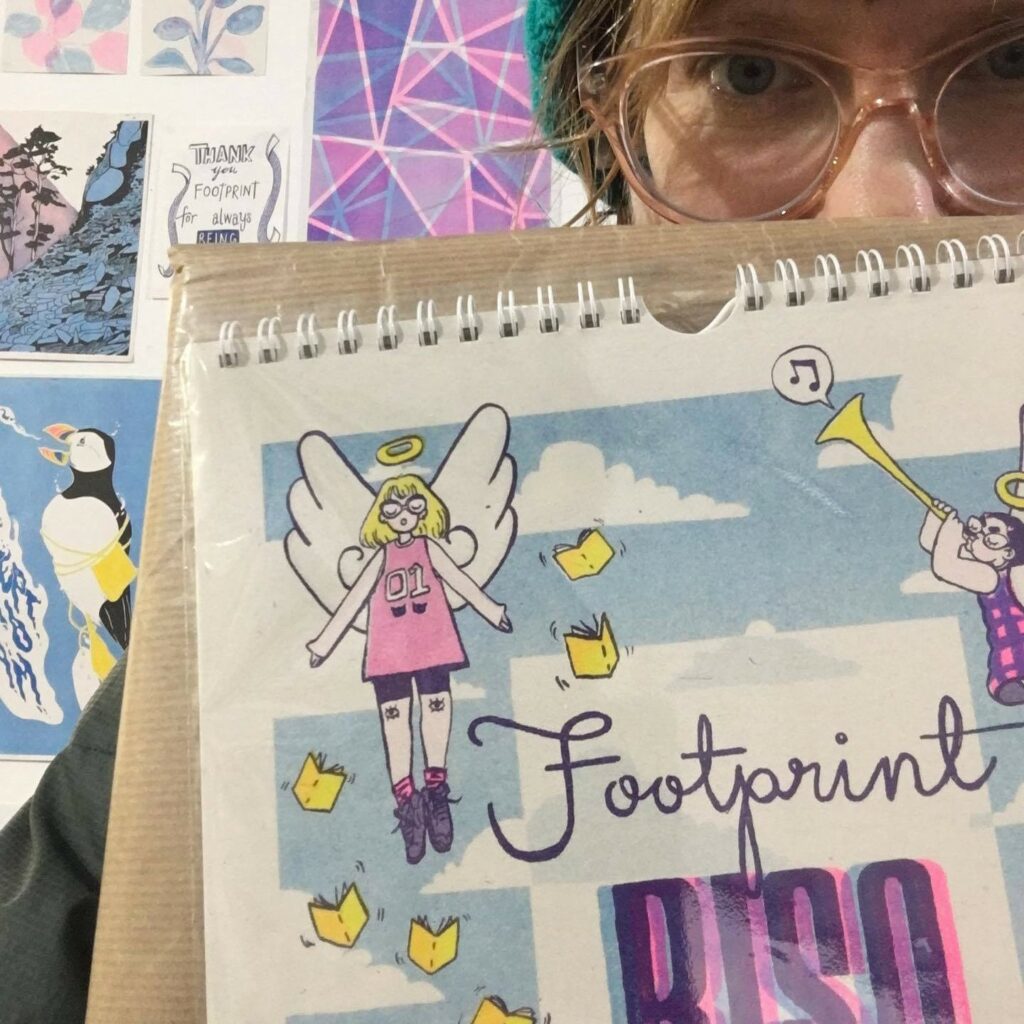
Leeds, England, United Kingdom
Footprint Workers Co-op offers environmentally conscious printing services in Leeds and contributes to positive social change. They print fliers, leaflets, posters, booklets, zines, CD and record sleeves, stickers, cards, and more. Footprint specializes in riso printing, a lower-impact printing method that uses soy-based inks. They print on post-consumer-waste recycled paper using electricity from Green Energy and donate one percent of their annual turnover to reforestation in the Calder Valley. Footprint keeps prices as low as possible while still paying fair wages. They teach printing to local community members and activists and maintain a solidarity fund to provide discounted or free printing for mission-aligned organizations, campaigns, and low-income neighbors. Footprint is a worker cooperative and a member of Radical Routes, Workers.coop, Co-operatives UK, and Solidfund.
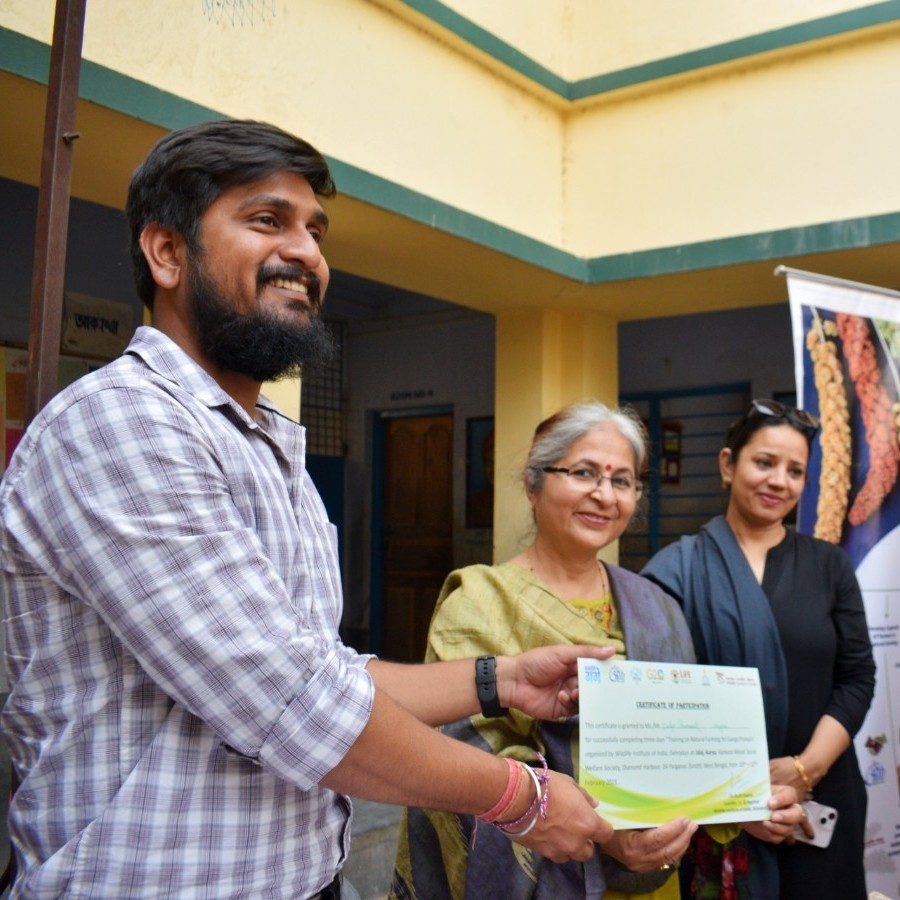
Masat, West Bengal, India
Kankura Masat Social Welfare Society (KMSWS) was started in 1999 to address education, health, and environmental issues in the Masat region of West Bengal and build an inclusive society where everyone has a life of dignity and security. They run preschool, primary school, and remedial education programs for local children, organize health awareness campaigns, workshops, clinics, and medical camps, offer vocational training for women and unemployed youth, promote organic farming practices, and support tree planting initiatives. The products from their livelihood programs are promoted under the Swapno Tori brand. KMSWS is responding to the climate crisis in the Sundarbans with an increased focus on environmental protection. They have designed their tree-planting programs to create income opportunities, improve food security, and increase resistance to cyclones and other natural disasters. KMSWS is registered as a not-for-profit society and reinvests all surplus towards their mission.
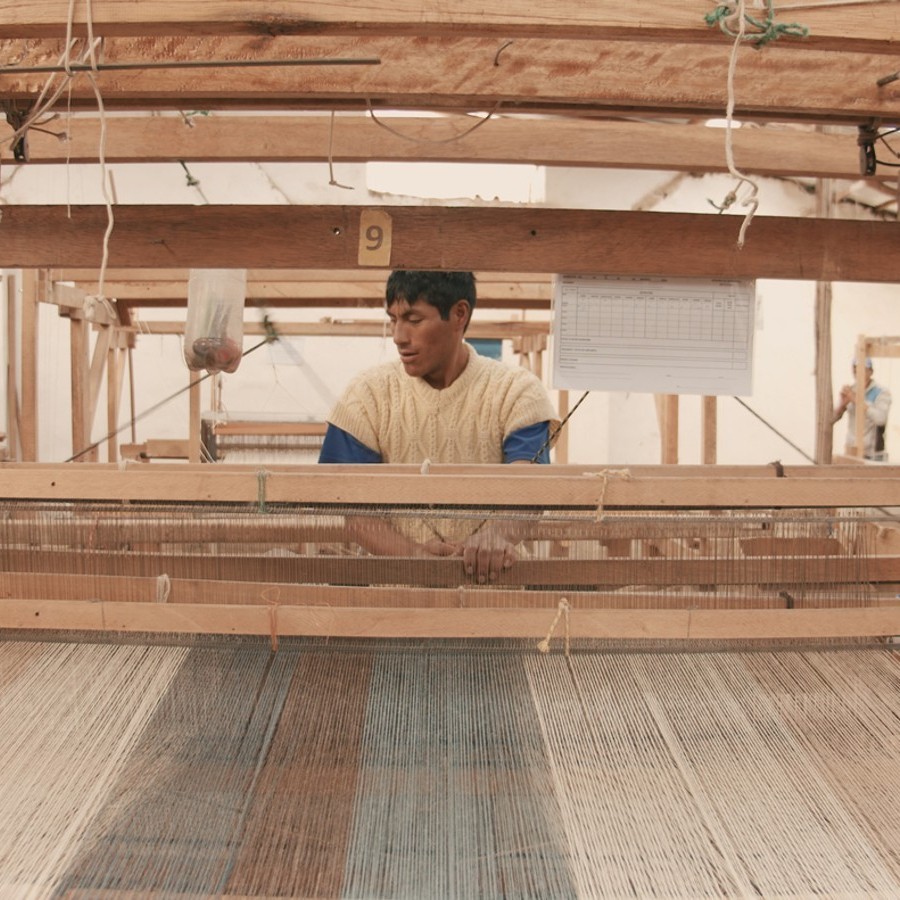
Jesús María, Peru
Allpa was founded in 1986 to celebrate Peruvian artisans and support them with innovation, design, and fair trade market access. They offer housewares, clothing, and accessories made from alpaca fiber, wool, cotton, clay, wood, silver, and copper. Allpa ensures their artisan partners have fair wages, good working conditions, consistent employment, and capacity-building opportunities. They provide interest-free loans for workers and invest 20 percent of profits to improve artisans’ workshops and equipment. This includes investing in renewable energy and solar water heaters. Allpa is a World Fair Trade Organization (WFTO) Guaranteed Member, has the Nest Seal of Ethical Handcraft, and is part of The Nest Guild and WFTO Latin America.
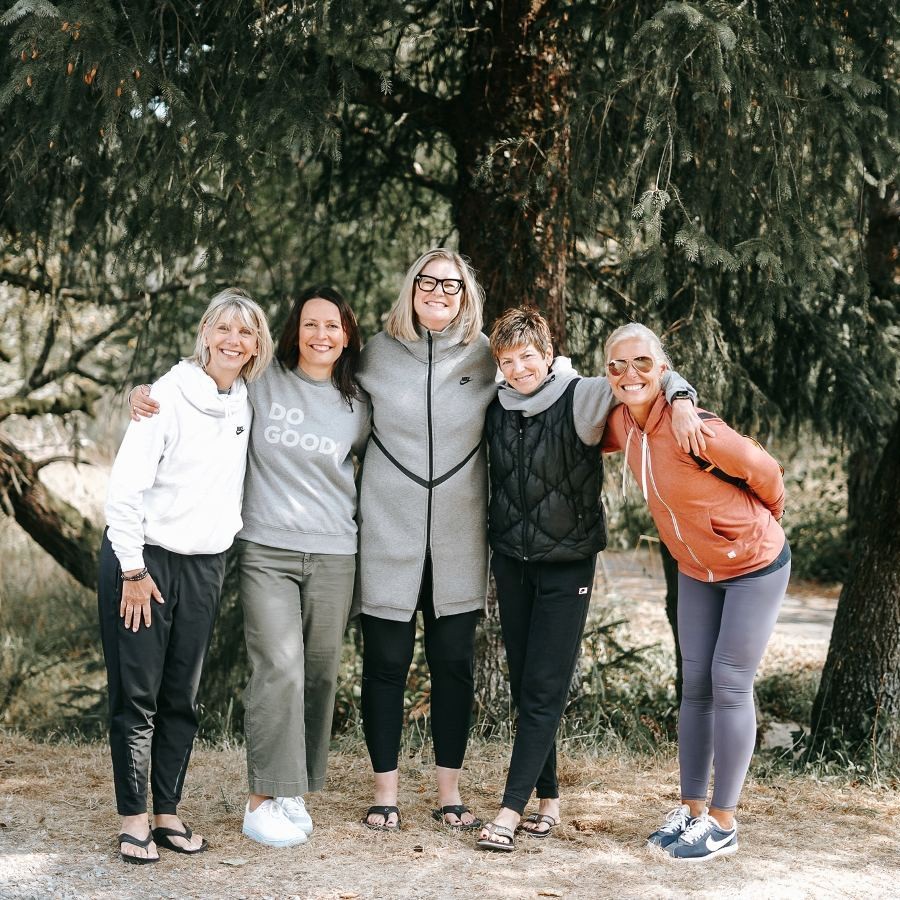
Manzanita, Oregon, United States
Soul Lab helps individuals and organizations lead with soul so they are empowered to make purposeful contributions to better their lives and our world. They offer consulting, coaching, facilitation, and retreats to support personal and organizational transitions and host Soul Lab Camps in coastal Oregon. Their approach combines design thinking, change management frameworks and tools, leadership coaching, and organizational development practices. Soul Lab provides discounted consulting and coaching services to nonprofit organizations and subsidized registration for Soul Lab Camp retreats for individuals who experience systemic barriers to access. They also provide free online community events each solstice and equinox that combine sound healing, meditation, breathwork, nature-based inquiries, and journaling. Soul Lab is a certified Women Business Enterprise and LGBT Business Enterprise.
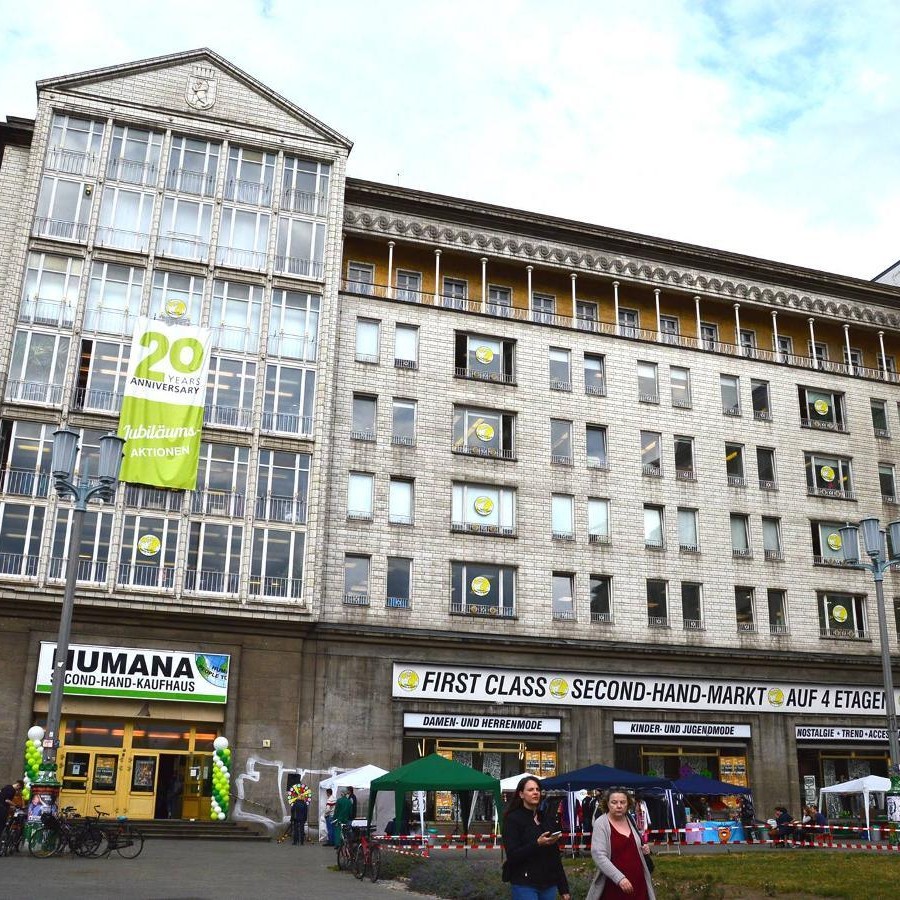
Hoppegarten, Germany
HUMANA Secondhand & Vintage offers unique and affordable secondhand products to reduce resource consumption and waste and fund development cooperation. They operate more than 40 shops across Germany, including the largest secondhand shop in Europe, with a wide selection of used clothing, shoes, accessories, and household textiles. HUMANA Secondhand sources from HUMANA Kleidersammlung and prioritizes items that are collected and sorted in Germany to minimize their carbon footprint. They promote sustainability and conscious consumption online and through their shops and accept clothing donations at all locations. HUMANA Secondhand does not issue dividends. All profits are reinvested or contributed to development projects by HUMANA People to People member organizations.
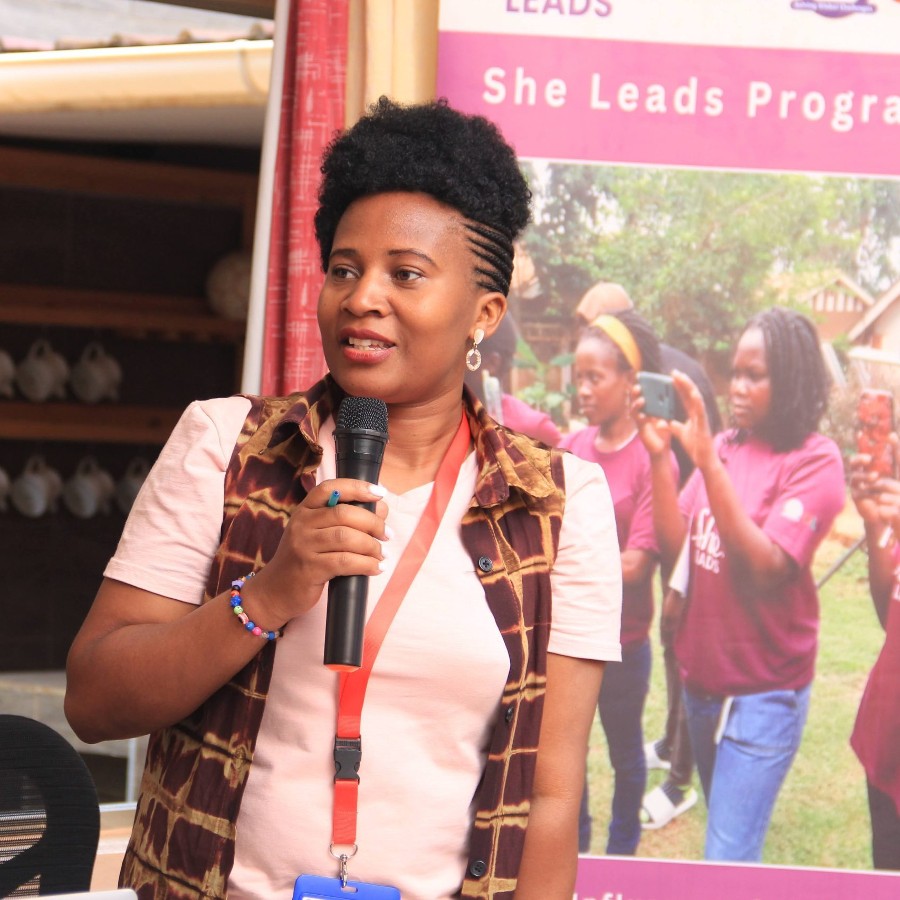
Kampala, Uganda
Global Learning for Sustainability helps ensure young women and girls in Uganda have opportunities to acquire global skills, learn from one another, and work together for individual, community, and global change. They provide leadership and advocacy training programs for girls and young women, support community-led childcare services, and facilitate the formation of Free Girls clubs for economic empowerment. The clubs have developed savings and loan programs, improved access to financial services, and started income-generating activities. Global Learning for Sustainability is registered as a not-for-profit organization. All profits are reinvested towards their mission.
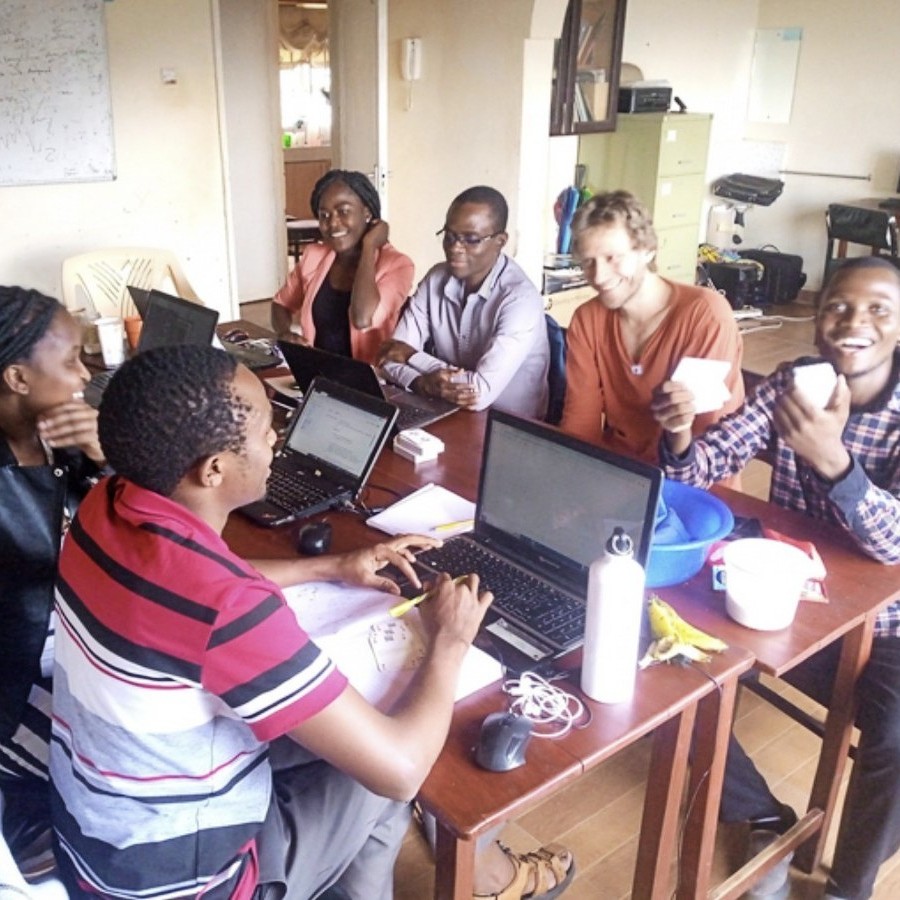
Reading, England, United Kingdom
IDEMS International works to impact lives all over the world through innovations in development, education, and the mathematical sciences. They specialize in digital product design and development, data science, consultancy, curriculum development, and training for social development, climate, agroecology, and education projects. IDEMS prioritizes open approaches, shared learning, long-term collaboration, and inclusion. They work in multiple languages and develop products and services for communities with low levels of literacy. The majority of their projects are in Africa and are developed with local partners to build local capacity. IDEMS supports the buy social movement and actively looks for ways to support other social enterprises. They are a Community Interest Company (CIC) and a member of Social Enterprise UK.
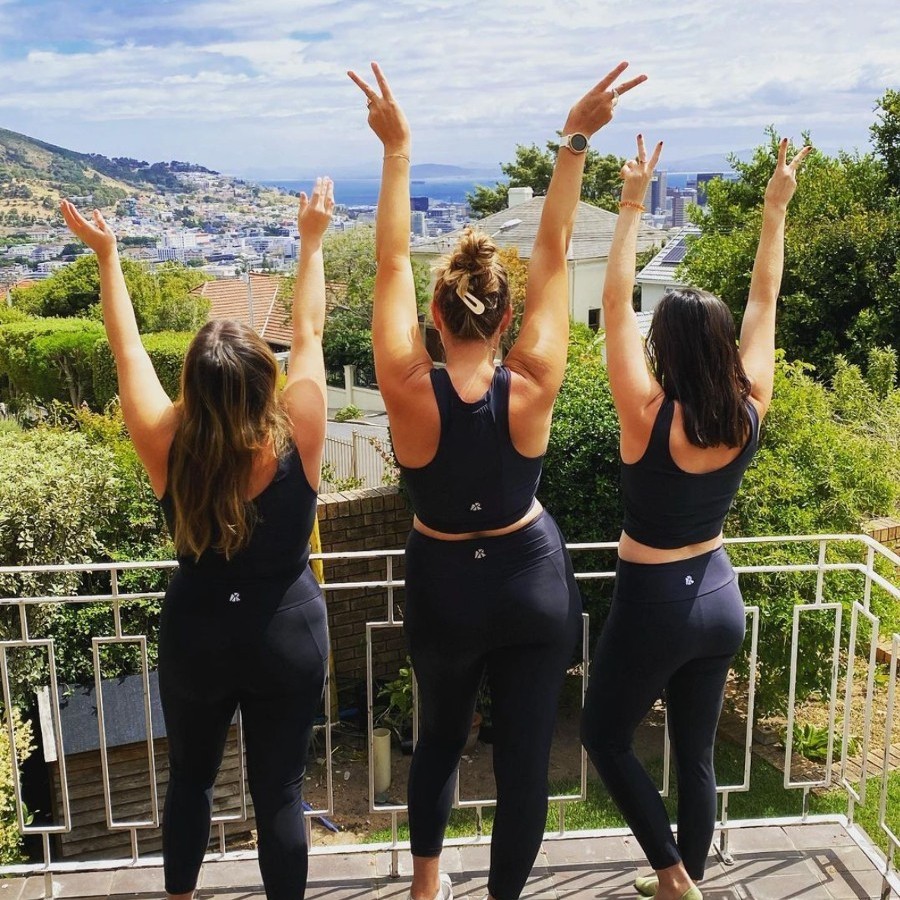
Cape Town, South Africa
Her Active creates activewear in South Africa and empowers women and girls to be active, healthy, and confident changemakers committed to breaking the gendered cycle of poverty through job creation and investment in female health. Their leggings, sports bras, and other products are made from recycled materials by women at The Sewing Cafe in Masiphumelele. Each purchase supports ActivateHer, a sports program for girls in underserved communities that promotes physical health, body positivity, life skills, and female empowerment.
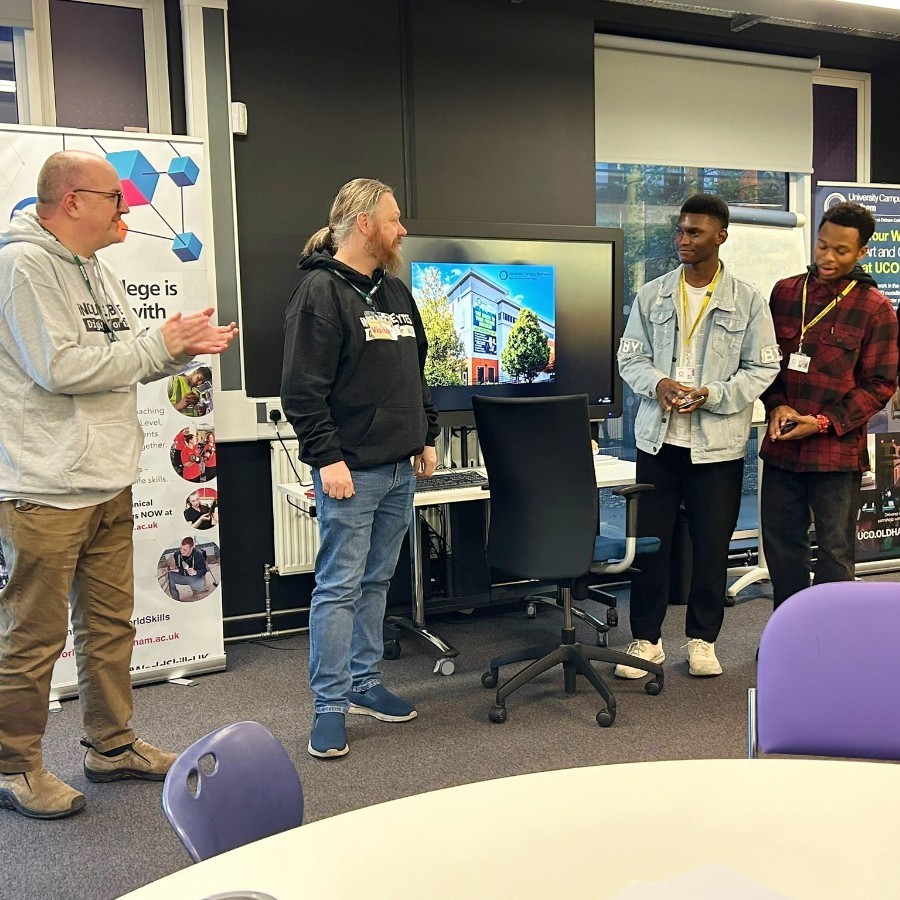
Oldham, England, United Kingdom
Inclusive Bytes bridges the digital divide and helps social enterprises and disadvantaged individuals make better use of digital technology. They offer technical consulting, website design, and software development services and organize tailored training, workshops, and technology-related events. Programs focus on inclusion, accessibility, collaboration, and innovation. Inclusive Bytes uses open source technologies and contributes to the further development of free software models. Revenue from larger organizations enables them to cross-subsidize and support smaller nonprofits at discounted rates. Inclusive Bytes is a Community Interest Company (CIC) and a member of Social Enterprise UK, National Digital Inclusion Network, and Action Together.
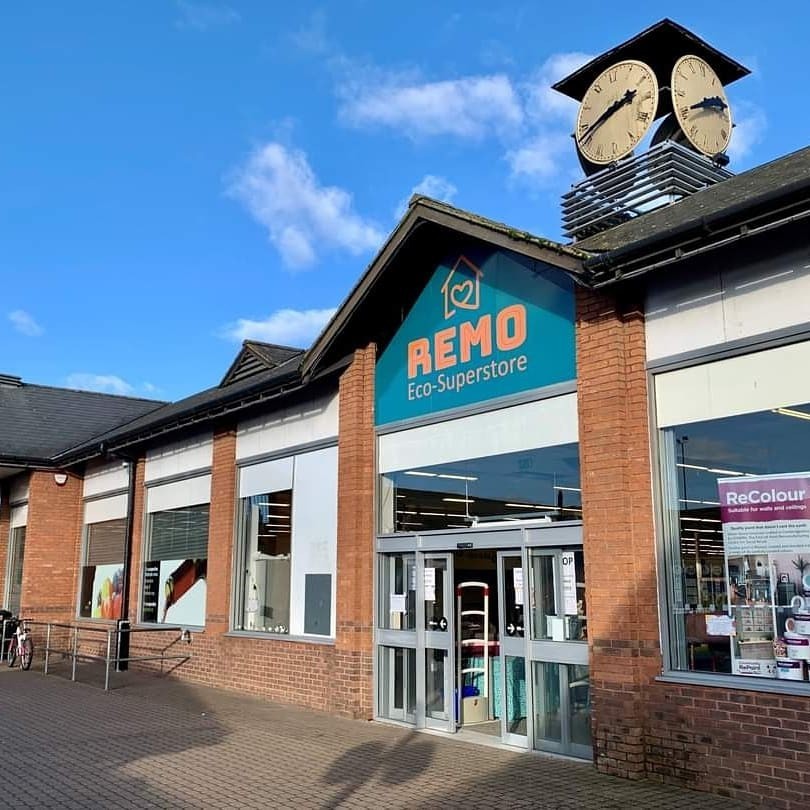
March, England, United Kingdom
REMO builds community resilience and contributes to a circular economy in Cambridgeshire by reducing waste, repurposing resources, and improving access to affordable products and services. They started by collecting and recycling surplus paint and have expanded to appliances, furniture, household items, scrap materials, and other resources that can be creatively reused by the local community. Collected items and materials are debranded, repaired, refurbished, recycled, remanufactured, and resold. REMO also offers training programs, creative reuse and recycling workshops, and corporate engagement events. The REMO Eco-Superstore in Wisbech includes a Food4Good Social Supermarket and Community Fridge. Volunteers and team members collect surplus food from producers, supermarkets, and distributors and make it available to families in need. REMO creates jobs in the community, focuses on local trade to minimize their carbon footprint, and donates free paint to other local community organizations. They are a member of Social Enterprise UK, Community RePaint, and Reuseful UK and reinvest all surplus towards their mission.
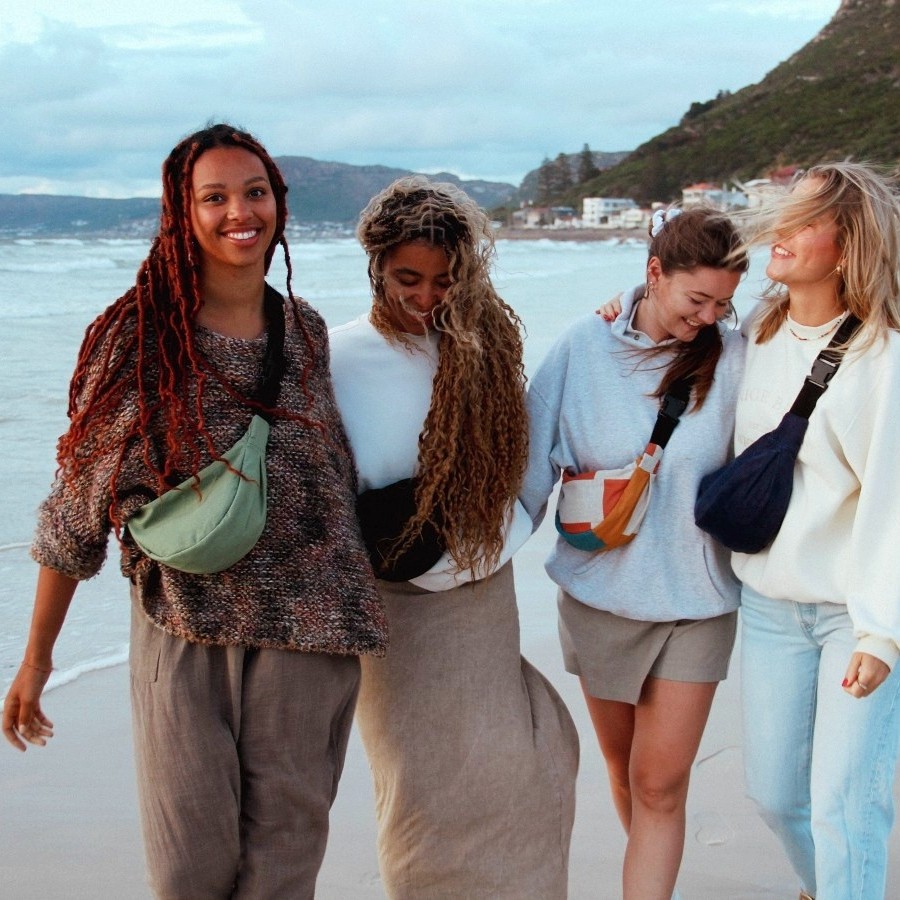
Cape Town, South Africa
Not I But We creates meaningful employment for survivors of trafficking and gender-based violence in South Africa through the production of bags, accessories, and other handmade products. They provide skills training, fair wages, a compassionate trauma-informed workplace, and holistic artisan support programs including transportation stipends, an education fund, and childcare support. Not I But We is a member of Freedom Business Alliance, National Freedom Network, Thistle Farms Shared Trade, and Nest Artisan Guild. They are registered as a not-for-profit organization and reinvest all surplus towards their mission.
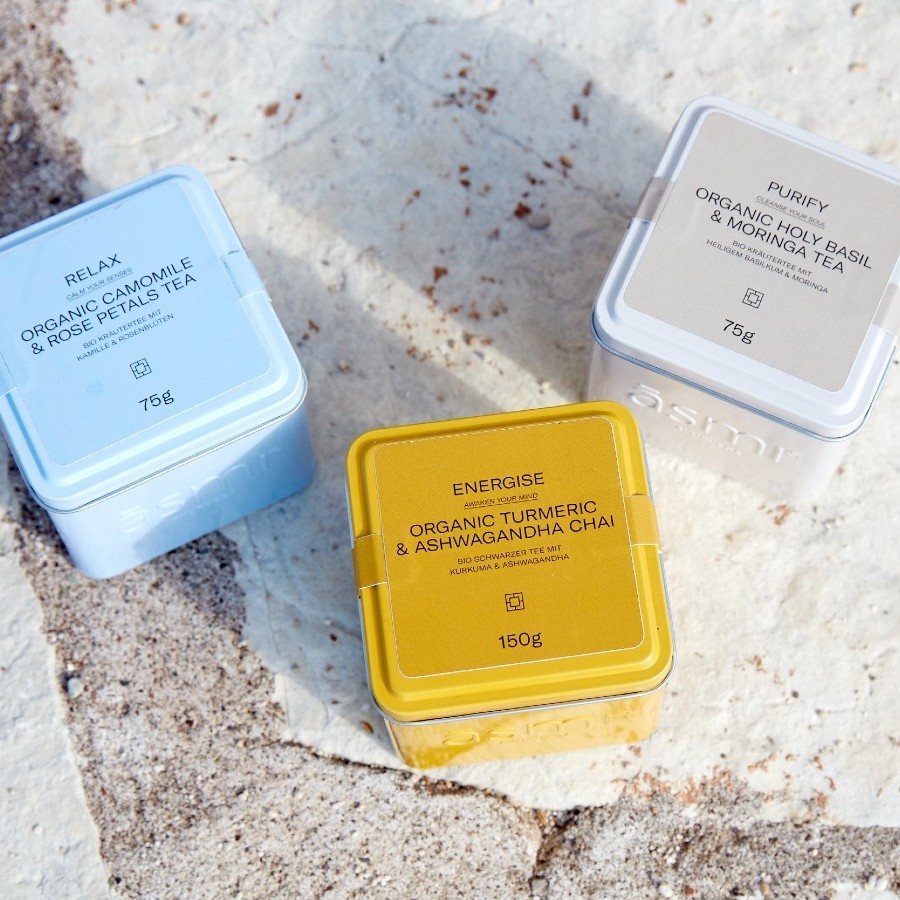
Bielefeld, Germany
Asmi Ayurveda offers Ayurvedic oils, herbal teas, and tea accessories with a focus on holistic living, sustainability, and regional production. Their oils and teas are developed by an Ayurvedic doctor, made with organic ingredients, blended by an ethical manufacturer in Hamburg, and packed by people with disabilities in Gütersloh using tins from a family business in Bavaria. Their Tulā collection of teapots, tea cups, and containers are handmade in Modena from locally sourced stone ceramics using renewable energy and wood from the surrounding forests. Asmi Ayurveda partners with suppliers that are committed to social and environmental standards and donates a portion of their surplus to environmental organizations in India. They are part of Impact Factory Duisburg and Gemeinwohl Ökonomie.
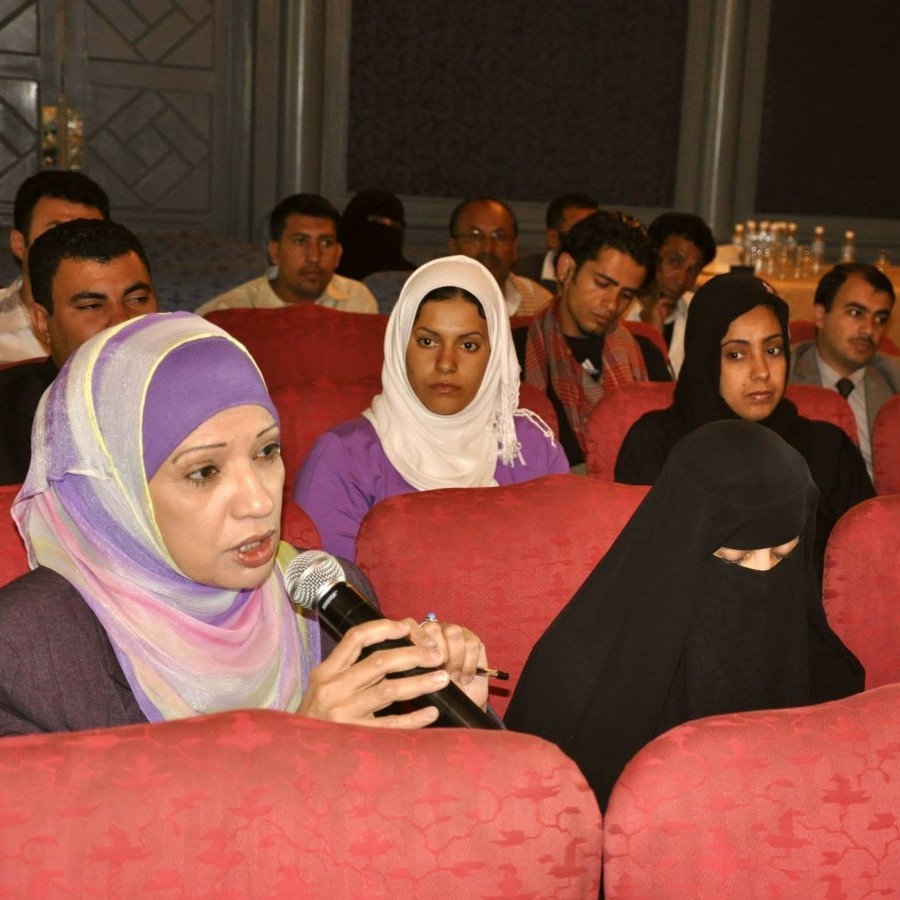
Al Hudaydah, Yemen
National Forum for Human Rights (NFHR) promotes democratic participation within Yemeni society and defends human rights, including the rights to life, freedom, dignity, equality, justice, development, education, health, food, water, and a clean environment. They monitor and report human rights violations in Yemen and provide advocacy, legal aid, and protection to victims. They also conduct awareness campaigns, training courses, and seminars across all Yemeni governates, build networks and partnerships to exchange knowledge, experiences, resources, and mutual support, and help develop and strengthen national human rights standards and systems. Their quarterly and semi-annual reports are publicly available online in Arabic and English.
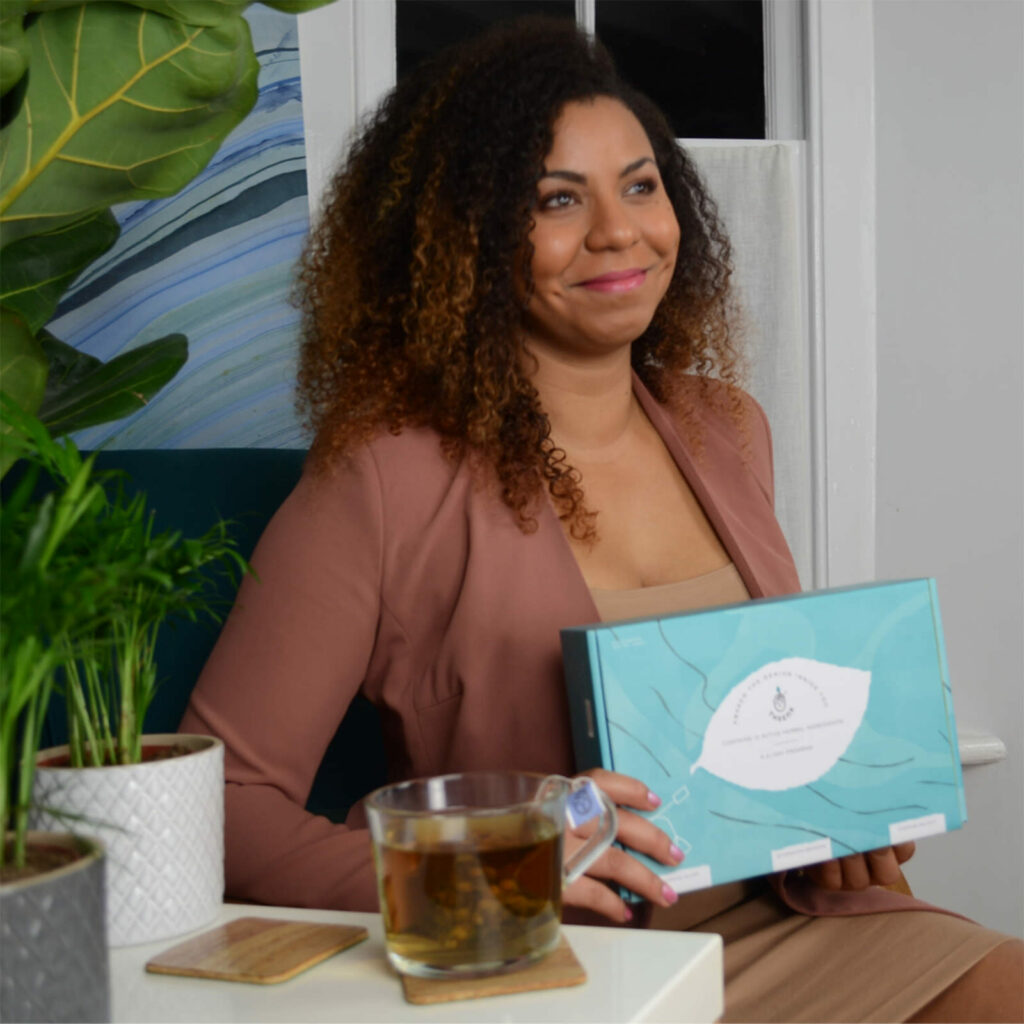
London, England, United Kingdom
THEENK Tea offers herbal tea blends to support mental health. Their morning, afternoon, and evening blends contain adaptogenic and nootropic ingredients and were formulated by a clinical herbalist and a nutritionist for energy, mood boosting, focus, calm, and relaxation. They also offer a 21-day program that contains all three blends, a welcome guide, mind-balancing eating plan, and habit tracker. THEENK sources ingredients from mission-aligned suppliers, uses plastic-free packaging with compostable tea bags and wrappers, and plants one tree for every box sold. Their main supplier donates 50 percent of their profits to support education projects in impoverished regions of India.
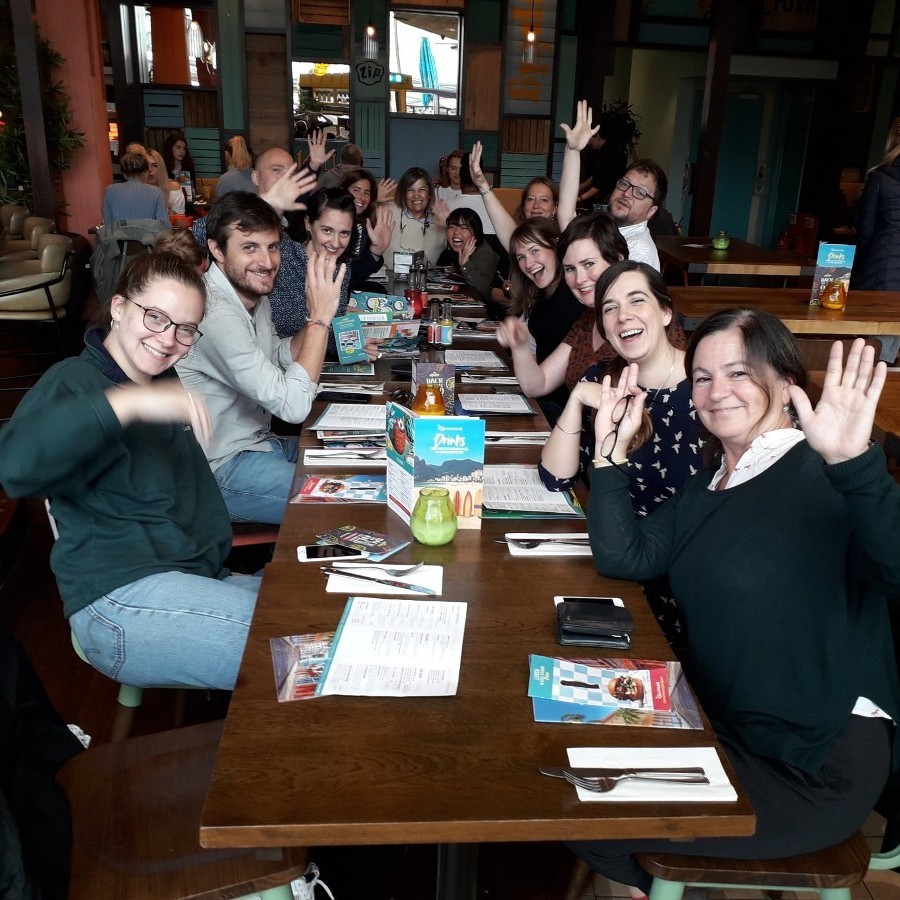
Milano, Italy
COSV has been engaged in Italian development cooperation and humanitarian aid interventions since 1968. They co-design projects in Europe, the Balkans, Africa, and the Middle East that focus on inclusive community development, peace, human rights, and environmental protection. COSV partners with local social enterprises, civil society organizations, and associations to meet the needs of vulnerable communities and ensure long-term sustainability. They leverage development cooperation to support the advancement of the social and solidarity economy. COSV is registered as a not-for-profit organization and is part of Arab Foundations Forum, Diesis Network, and other regional and local networks.
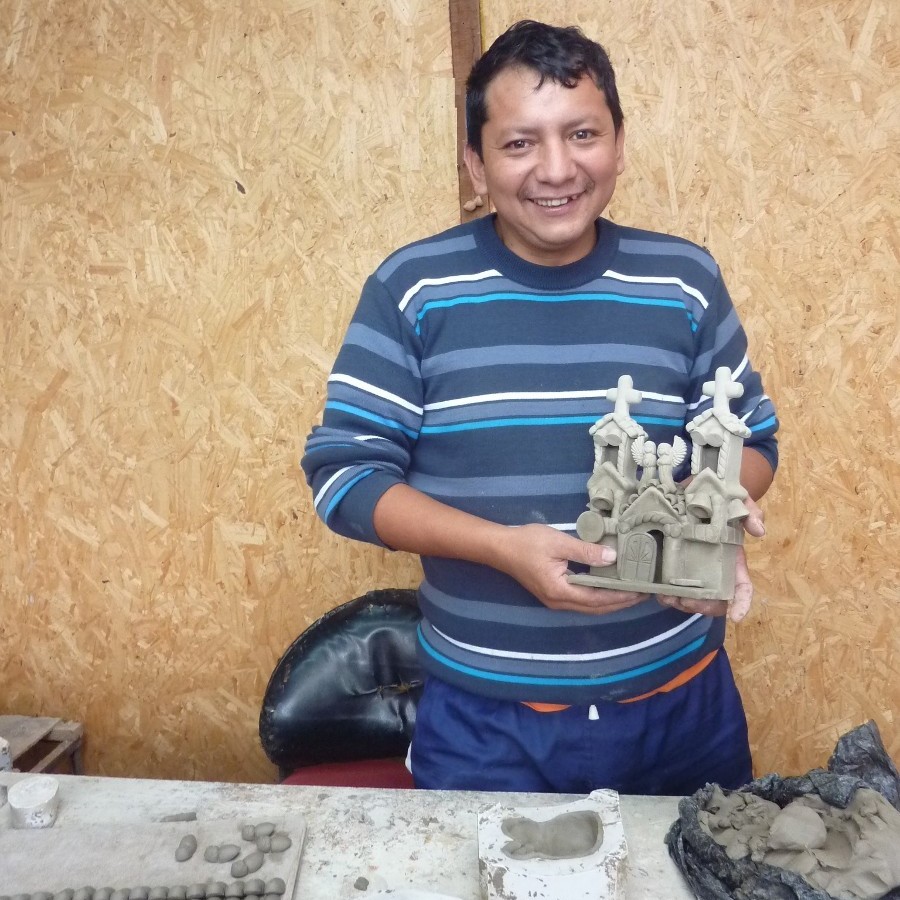
Miraflores, Peru
Manos Amigas was founded in 1991 to promote Peruvian artisans and contribute to the development of Peru through fair trade exports and alternative tourism. They specialize in Ayacucho-style ceramics, textile accessories, silver jewelry, hand-carved gourds, and musical instruments. They also offer unique tours, travel experiences, and visits to artisan workshops. Manos Amigas partners with artisans to find new markets for their products, share design trends, and deliver ongoing capacity-building opportunities to ensure all products meet export market criteria. They support artisans’ children with higher education and use at least 20 percent of profits for social work. Manos Amigas is a guaranteed member of the World Fair Trade Organization (WFTO).
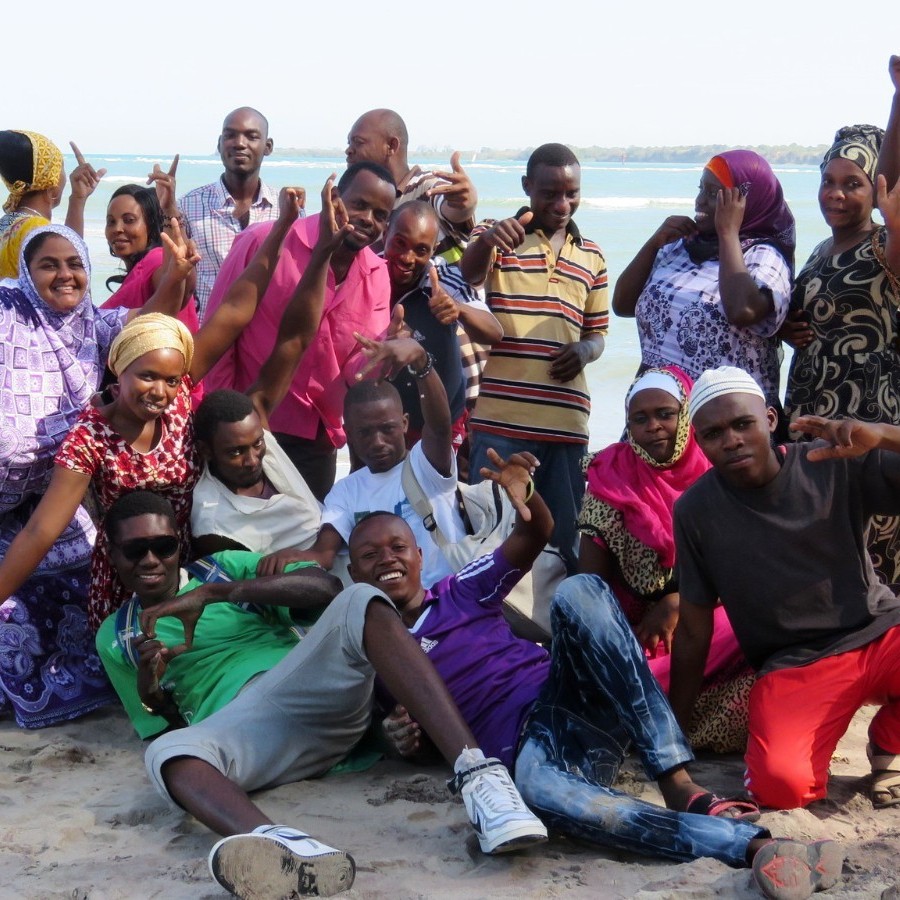
Tres Cantos, Spain
Transformando engages in projects that improve the lives of people who are excluded, impoverished, or placed in vulnerable situations. They design, manage, and evaluate development cooperation projects, offer training and consulting for social organizations, participate in global citizenship education, and support social entrepreneurship and inclusive social purpose companies that create local employment for disadvantaged people. Transformando transfers capabilities to their clients, avoids creating dependency, and provides free services to organizations and people without economic resources. They contribute to a microcredit system in Nicaragua and scholarships for children with disabilities in Tanzania. Transformando is a not-for-profit organization and reinvests all surplus towards their mission.
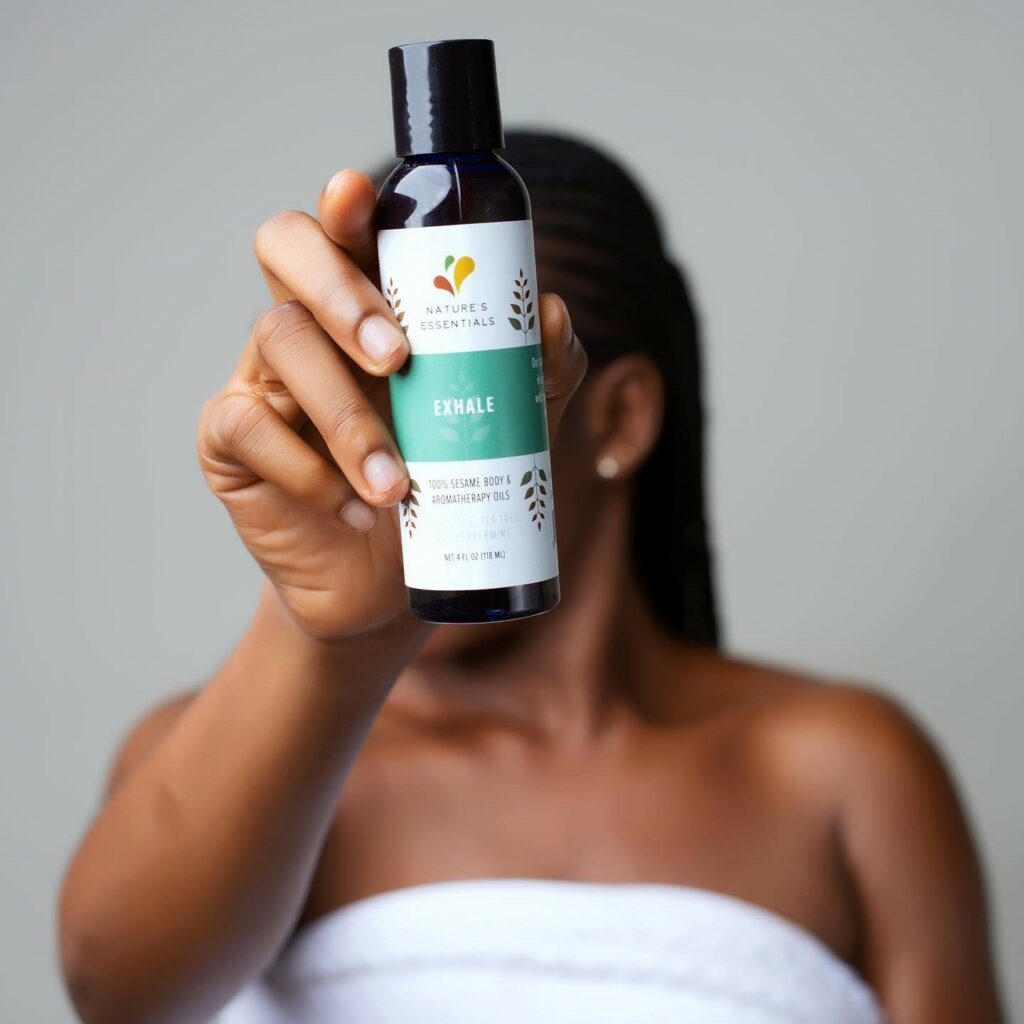
Falls Church, Virginia, United States
Nature’s Essentials produces fair trade sesame oil products and empowers rural women farmers in Ghana. They offer cold-pressed edible oils made with raw, lightly toasted, or toasted sesame seeds and aromatherapy hair serums and body oils made with essential oil blends in a sesame oil base. Nature’s Essentials sources raw materials from farming communities with environmentally responsible growing and harvesting practices. They pay fair prices, provide tools and equipment, and reinvest in the community. Nature’s Essentials is a WBENC Certified Women’s Business Enterprise and a verified member of Fair Trade Federation.
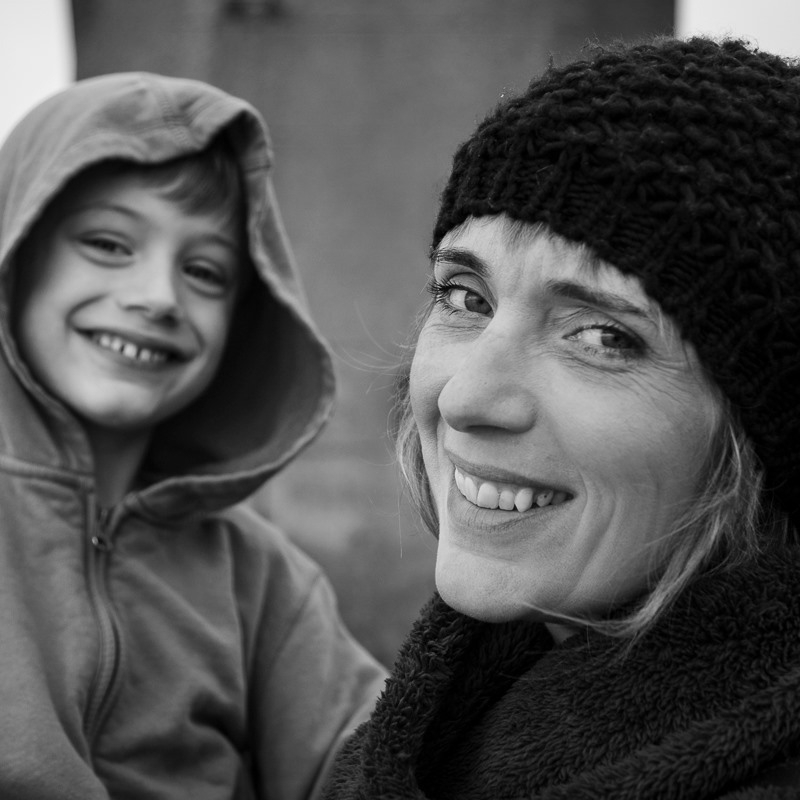
Edinburgh, Scotland, United Kingdom
Wee Seeds helps address the mental health crisis by providing parents, caregivers, educators, and other professionals with mental health resources to teach emotional, mental, and social wellbeing skills to young children. Their wellbeing toolbox includes a digital platform with animated videos, audio meditations, exercises, and off-screen activities for ages three to eight. They also offer an employee benefit package for innovative employers that want to support staff wellbeing in a holistic way. For every toolbox sold, Wee Seeds gives one to a family in need through their Growing Minds social impact program. Wee Seeds is a member of Social Enterprise UK, Social Enterprise Scotland, and the Melting Pot Edinburgh. They reinvest all surplus towards their purpose.
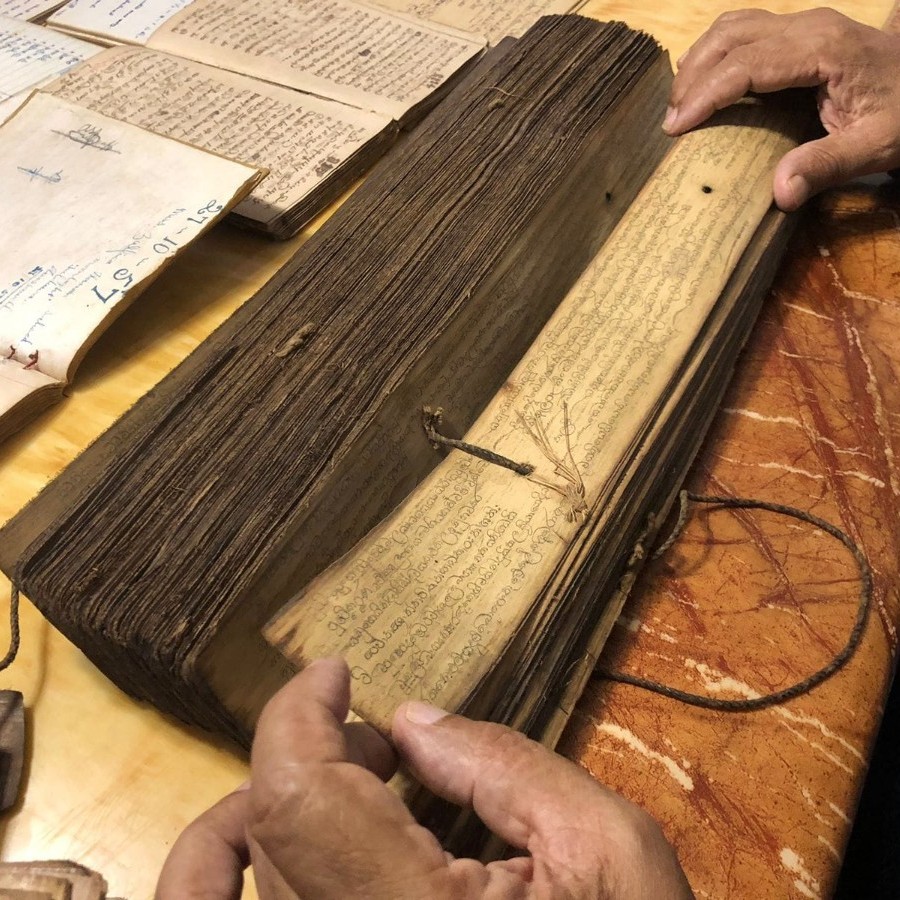
Talduwa, Sri Lanka
Hereditary Herbals was founded by a fourteenth-generation Ayurvedic doctor to provide affordable traditional healthcare. They offer herbal medicines, teas, and personal care products and provide Ayurvedic consultations and treatments from their center in Thalduwa, Sri Lanka. Hereditary Herbals focuses on managing chronic conditions and supporting wellbeing without side effects or invasive procedures. They source medicinal herbs that are harvested locally or imported and certified by the Sri Lankan Department of Ayurveda. Hereditary Herbals is developing a bottle return system to prevent plastic waste pollution.
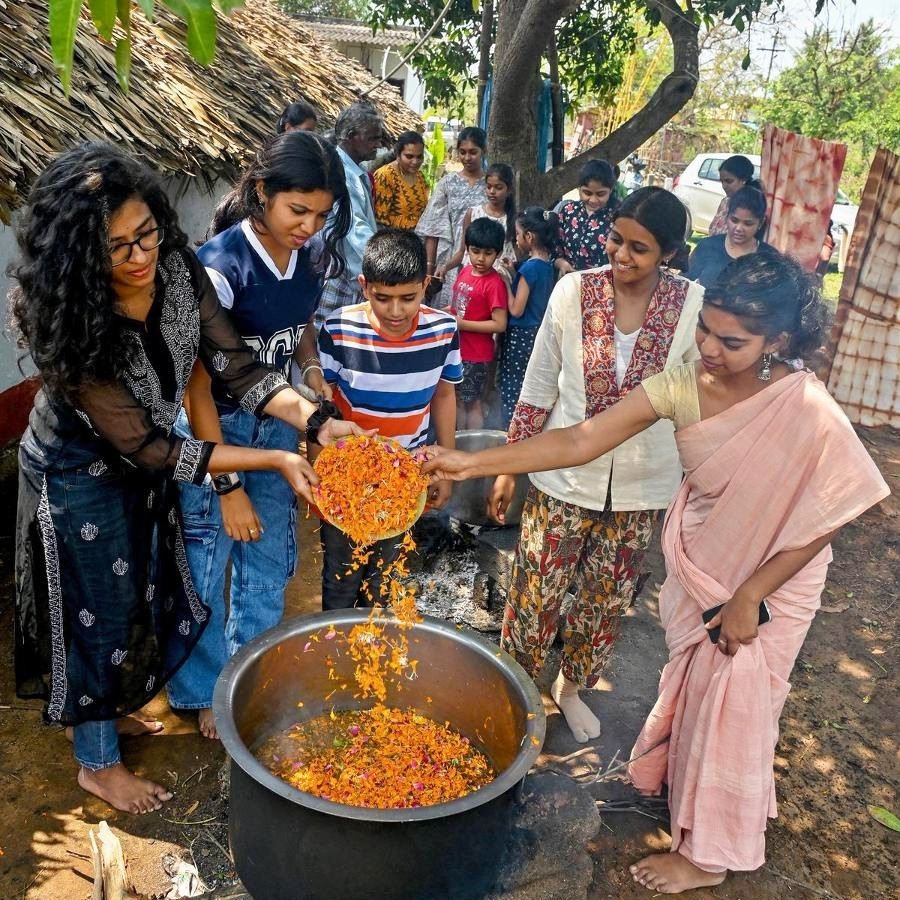
Visakhapatnam, Andhra Pradesh, India
Sankalpa Art Village revives indigenous crafts and natural dye practices in India to create livelihood opportunities and sustainable communities. They specialize in handwoven fabric and children’s clothing dyed with local herbs, toys made from naturally lacquered upcycled wood, and housewares made from terracotta, coconut shell, and recycled brass. They also offer natural food, herbal tea, and personal care products, experiential tours, and workshops. Sankalpa Art Village focuses on inclusive products that their own employees can afford. They plant seeds and saplings in deforested areas in the nearby hills.
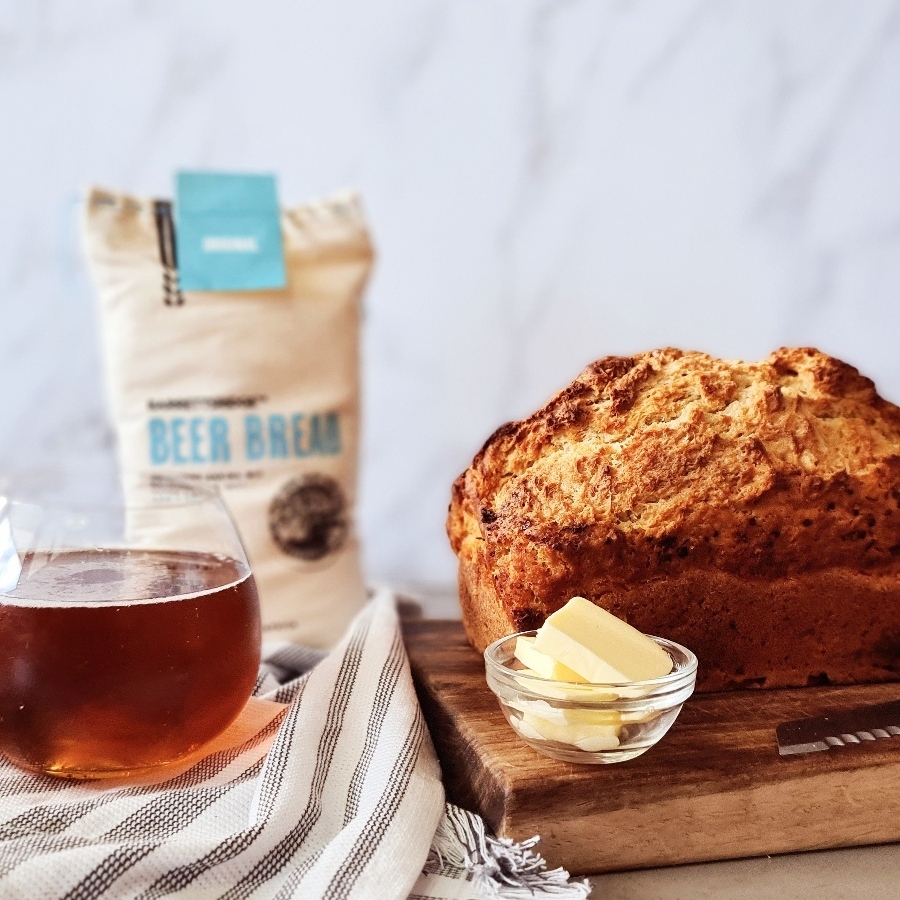
Cape Town, South Africa
Barrett’s Ridge offers beer bread mixes that support job creation and women’s empowerment in South Africa. Their quick and easy baking mixes are made from natural ingredients, available in a range of flavors, and packed in hand-stitched unbleached cotton bags. Custom mixes and packaging are available for white-label buyers. Barrett’s Ridge co-packs with Ukama, a local social enterprise that provides training and mentorship to women from disadvantaged communities and supports them to develop microenterprises in Ukama’s certified food packing facility. They also donate to Ukama Community Foundation. Each purchase creates employment for local women and helps feed children in disadvantaged areas around Cape Town.
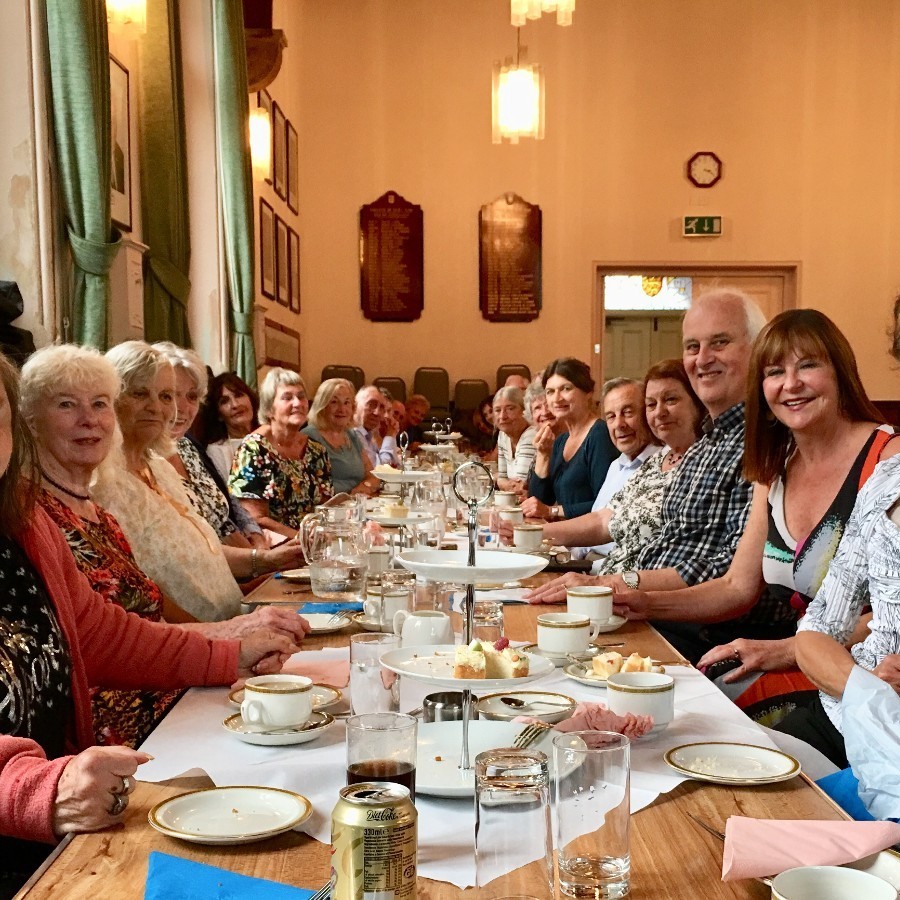
St Martin, Jersey
Tea Dance Club contributes to active aging, social connection, wellness, and inclusion in Jersey. They organize tea dances, line dance workshops, and other social fitness activities. Their Step55 initiative has expanded services by enabling individuals with skills and experience to share them with others. Community members are able to offer their own health and wellness activity classes, digital inclusion training, and other skills-based workshops that support wellbeing and inclusivity as people age. Tea Dance Club uses community halls for events to increase local engagement, improve access, and minimize travel. They are a registered Community Interest Company (CIC) and a member of Social Enterprise UK.
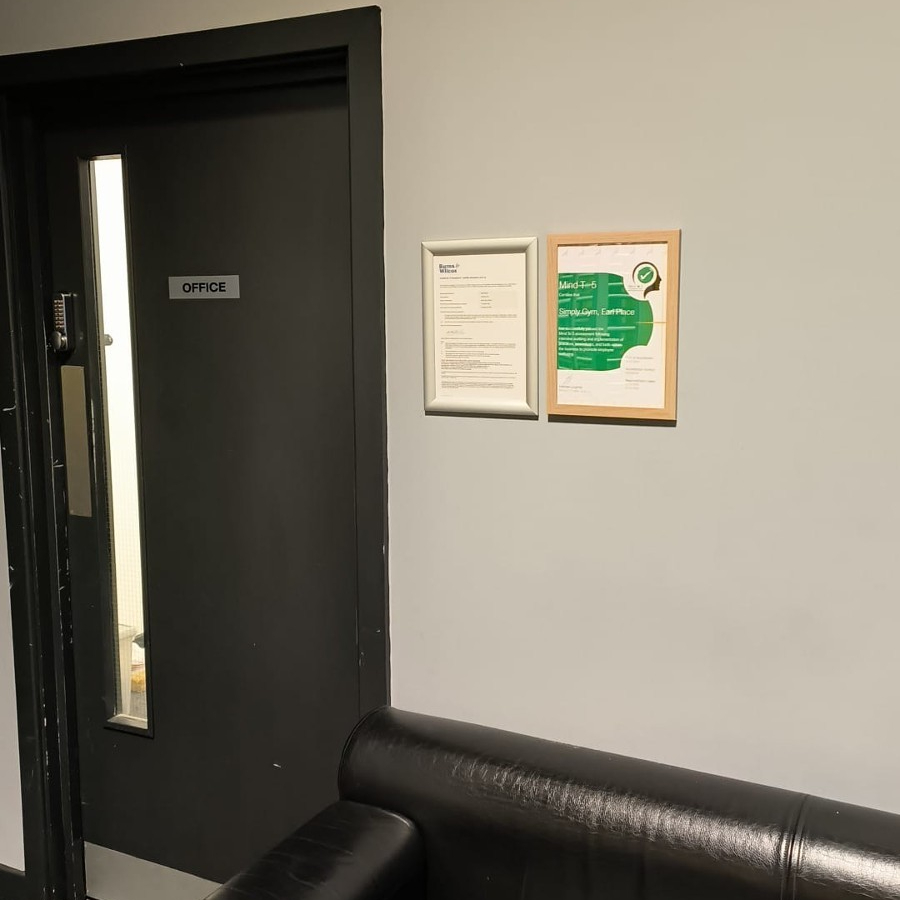
Birmingham, England, United Kingdom
Mind To 5 helps businesses prioritize and protect the mental health of their employees. They audit existing processes and procedures, advise on improvements, assess progress, and accredit businesses that take a proactive approach to employee mental health and wellbeing. Their services are designed to improve talent acquisition, employee engagement, performance, retention, and reputation. Mind To 5 offers free accreditation services as raffle rewards at local networking events and supports fundraising efforts for local charities. They are part of Birmingham’s Unique Network and Phoenix Business Club.
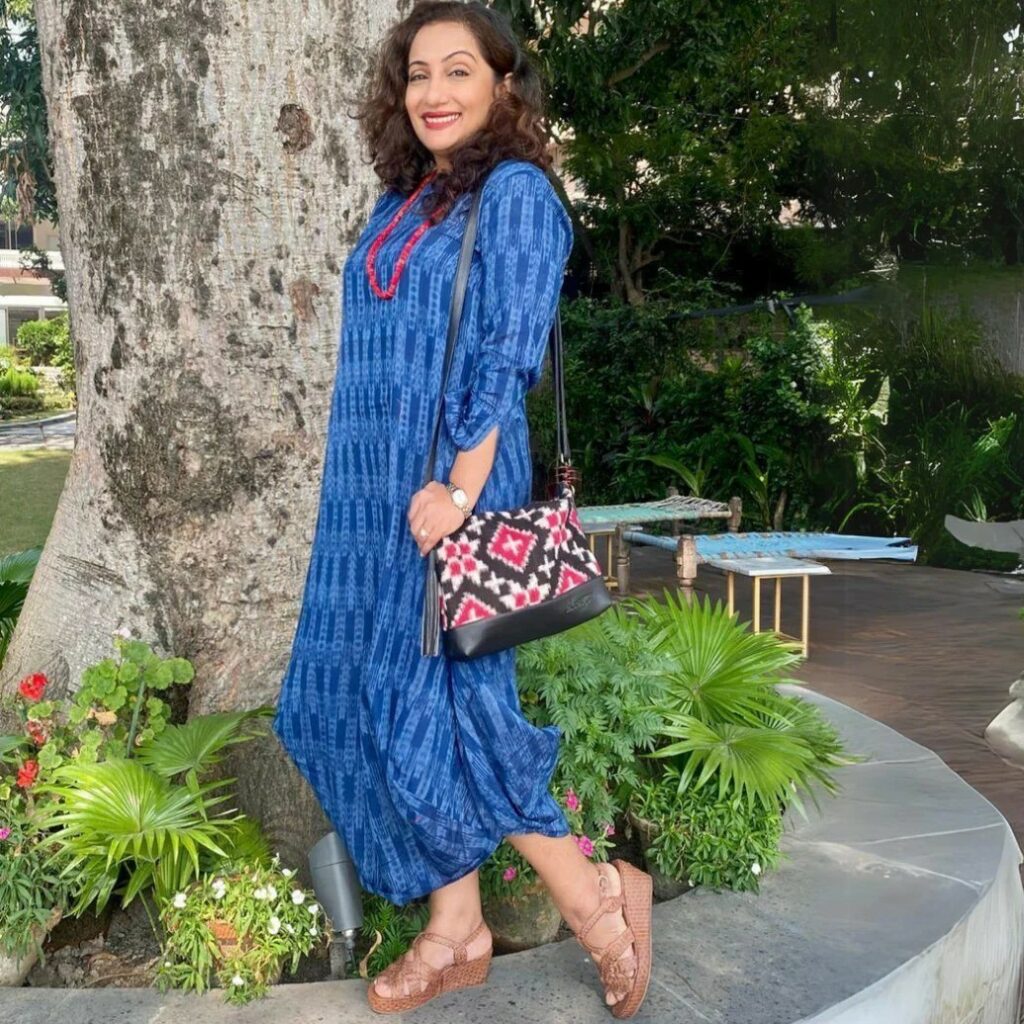
Mumbai, Maharashtra, India
World of Ikat was started to preserve India’s textile heritage, empower artisans from marginalized communities, and promote zero waste fashion. They specialize in tops, kurtas, dresses, bags, and accessories made from handloom cotton, ikat, and block print textiles and azo-free dyes. World of Ikat partners with cooperative societies and independent master weavers, pays fair living wages, and provides training, design interventions, market access, and sustained work opportunities. They offer inclusive sizing and create products to be multi-functional and long-lasting. Textile waste is upcycled into fabric jewelry and cloth bags for packaging. World of Ikat has Craftmark and PETA Approved Vegan certification.
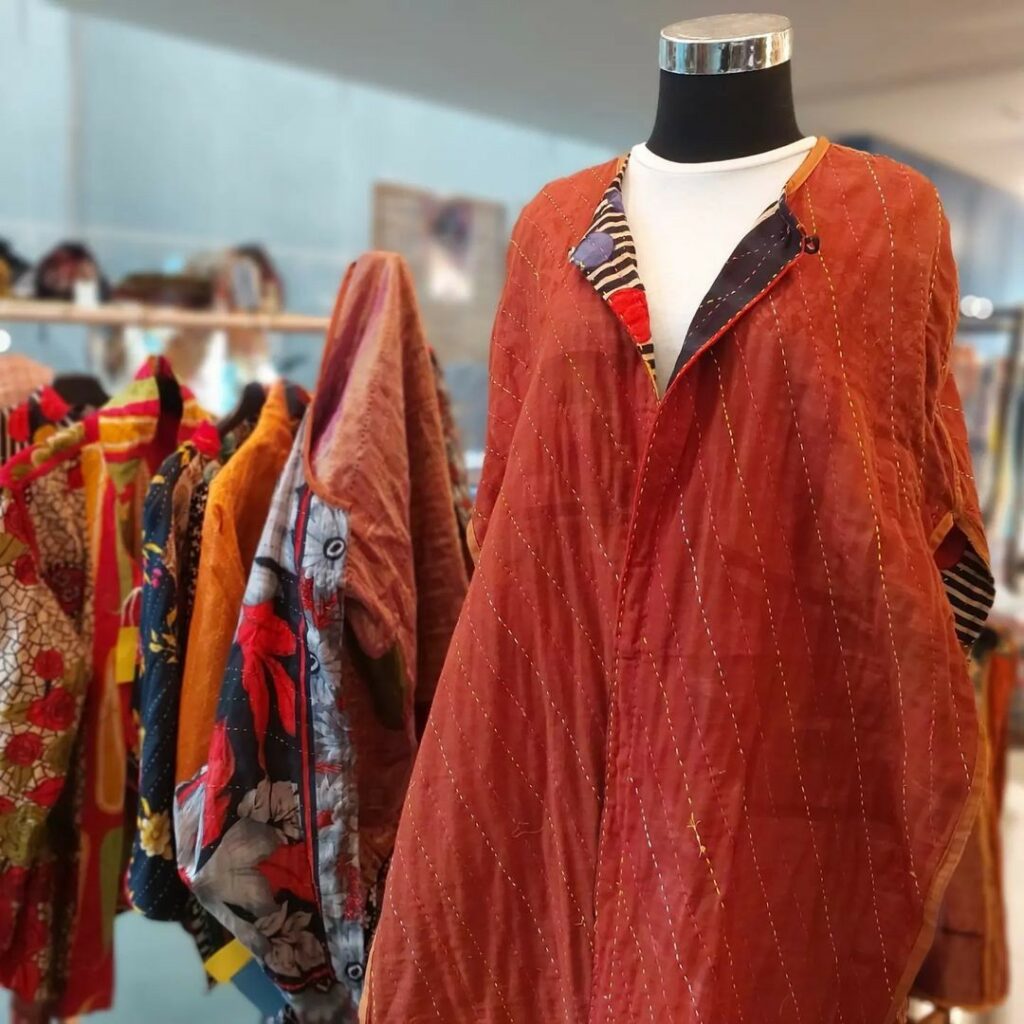
Vancouver, British Columbia, Canada
Sunbird produces upcycled clothing and bags and provides economic opportunities to women artisans in Bangladesh. Each unique piece is made from upcycled textiles and hand-embroidered with kantha stitches. Sunbird employs artisans from marginalized communities including women who have been displaced, former sex workers and abuse survivors, and mothers of disabled children. Work is distributed at schools and community spaces where it is easy for the women to congregate. Sunbird donates 10 percent of each sale to the Amar Joti school for disabled children in Dhaka to support healthy meals and medicines.
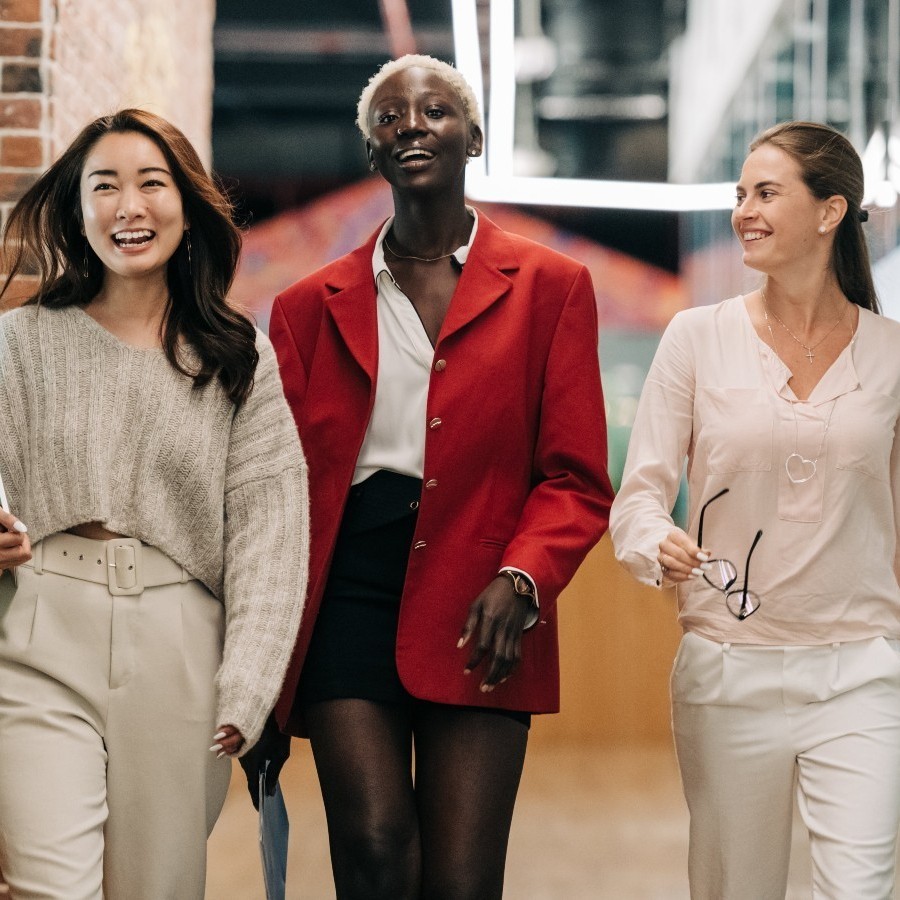
Ansbach, Germany
BCOM Butterfly Community contributes to mental wellbeing in companies and underprivileged communities. Through a partner network of psychologists and coaches, they offer company employees a catalog of mental wellbeing services including workshops, seminars, coaching, group discussions, and tailored initiatives. A portion of their profits are used to fund mental wellbeing projects in poor urban communities in Germany, Brazil, Vietnam, and other countries.

Takoma Park, Maryland, United States
The Allyson Group helps social enterprises and other mission-driven brands maintain strategic focus in their public communications, publish consistently, stand out in the marketplace of products and ideas, and communicate their impact. They specialize in brand audits, competitor reviews, content planning, and search engine optimized content writing for websites, blogs, long-form articles, press releases, and employee intranet portals. The Allyson Group is a member of Social Enterprise Alliance.
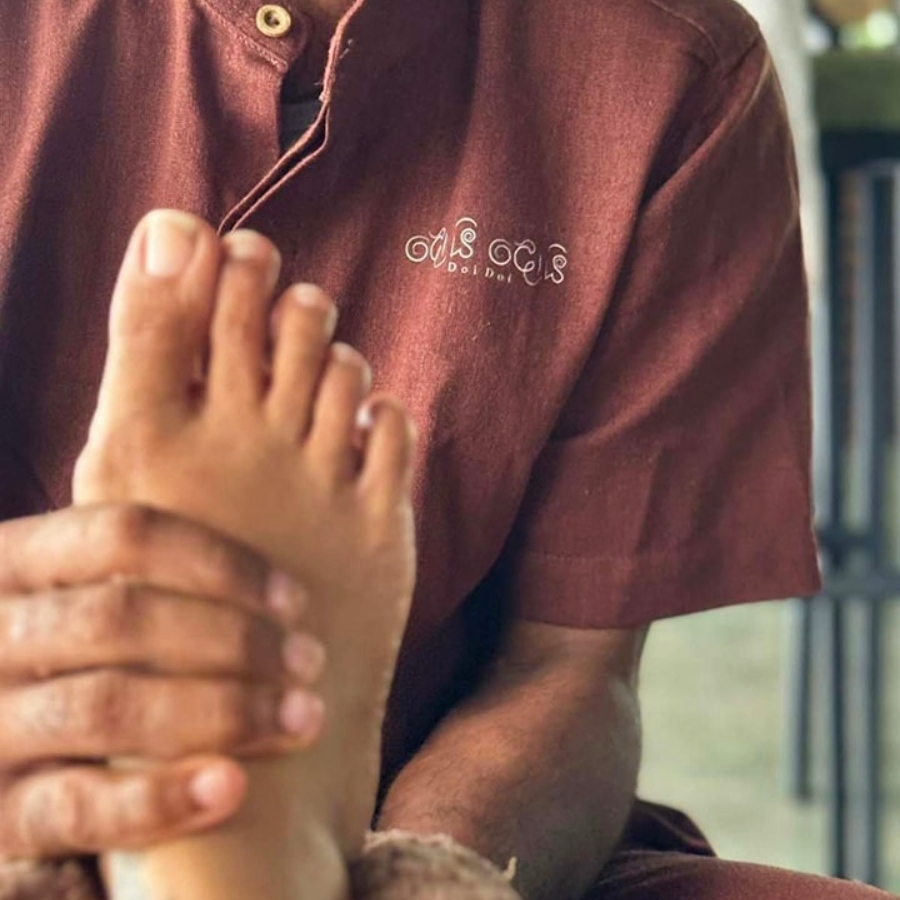
Colombo, Sri Lanka
Doi Doi offers Ayurvedic massage treatments in Sri Lanka and creates meaningful employment opportunities for people with disabilities. They provide head, neck, shoulder, and foot massages using herbal oils made from locally sourced natural ingredients. Treatments are provided by their team of visually and physically impaired therapists. Doi Doi has an income-sharing system and invests in training and support for team members.
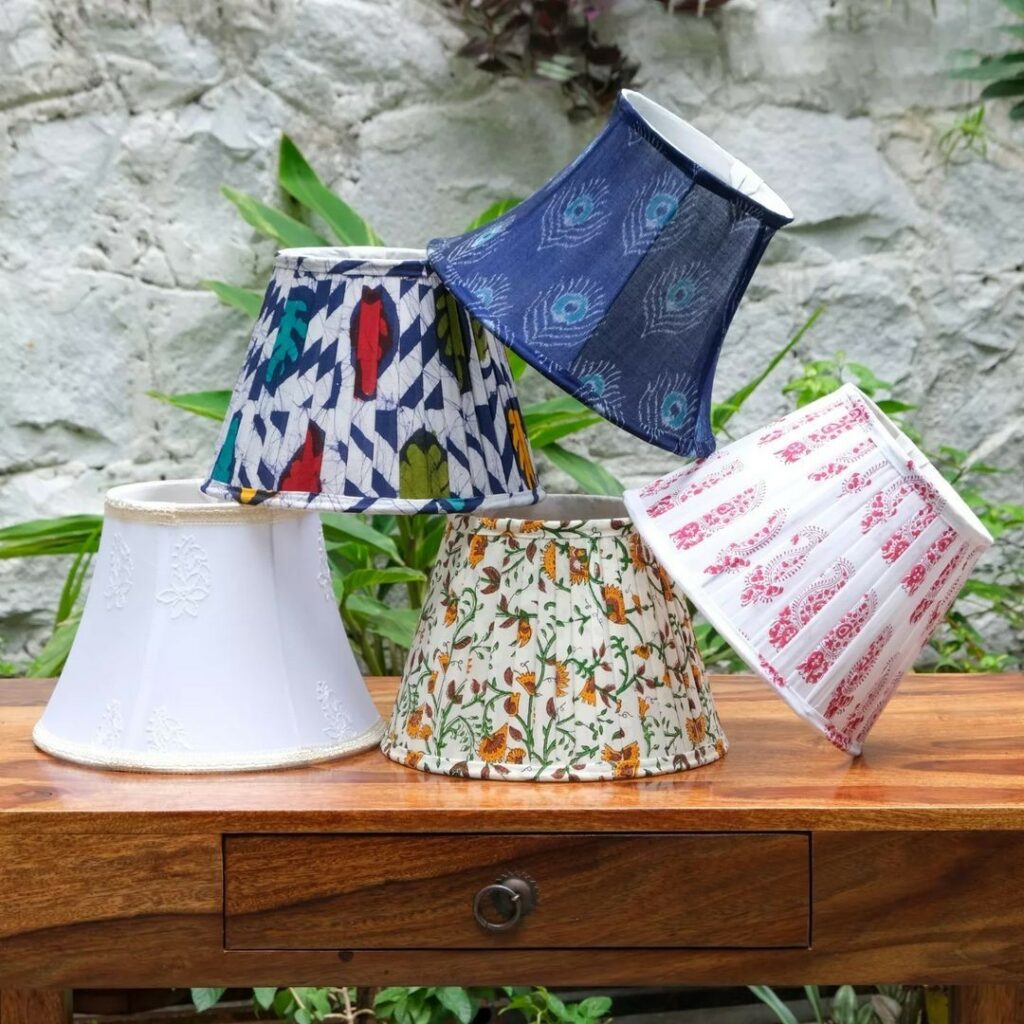
New Delhi, India
Inara Home designs housewares and interiors that showcase Indian craftsmanship and benefit artisan partners. They specialize in lamps, home textiles, and custom furniture and offer interior design services for residences, hotels, and corporate offices. Inara Home applies traditional techniques like Chikankari embroidery, block printing, ikat weaving, and batik to household items and helps artisans access opportunities beyond apparel. The pieces are designed to be functional and timeless so they can be passed between generations. Inara Home aims to meet monthly revenue targets for their artisan partners.
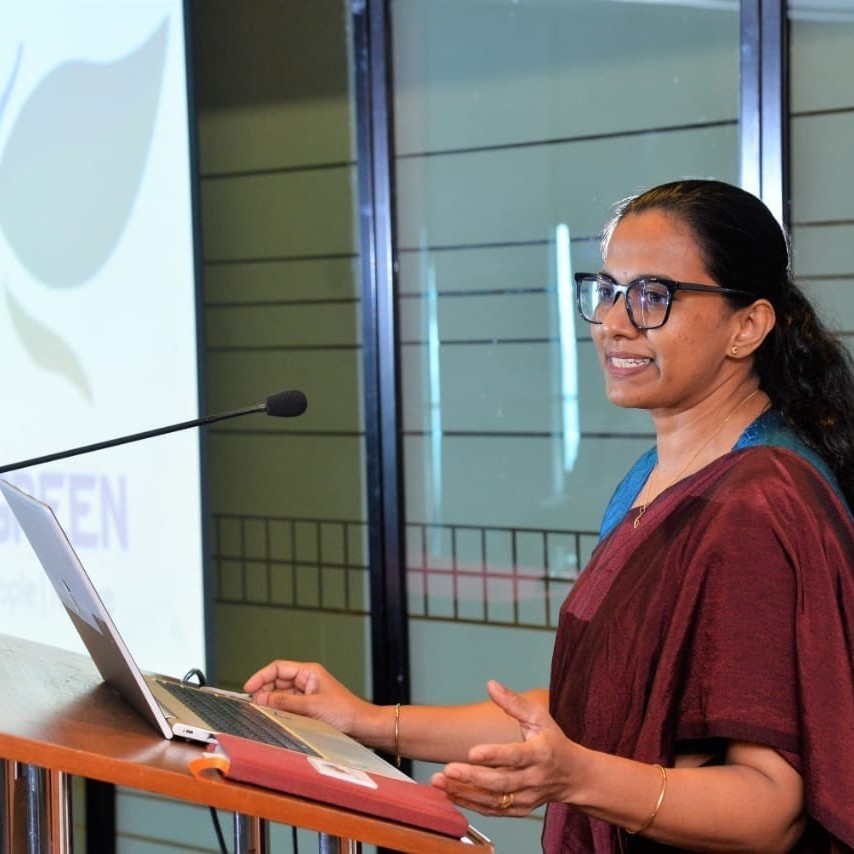
Pannipitiya, Sri Lanka
Lady Green aims to empower Sri Lankan women through the production of environmentally responsible handcrafted housewares and accessories. They specialize in baskets, bins, tableware, bags, and jewelry made from cane, reed, banana fiber, paper rope, corn husk, coconut, wood, and other natural materials. Lady Green provides training and fair employment opportunities to support skill development, financial independence, and community cohesion.
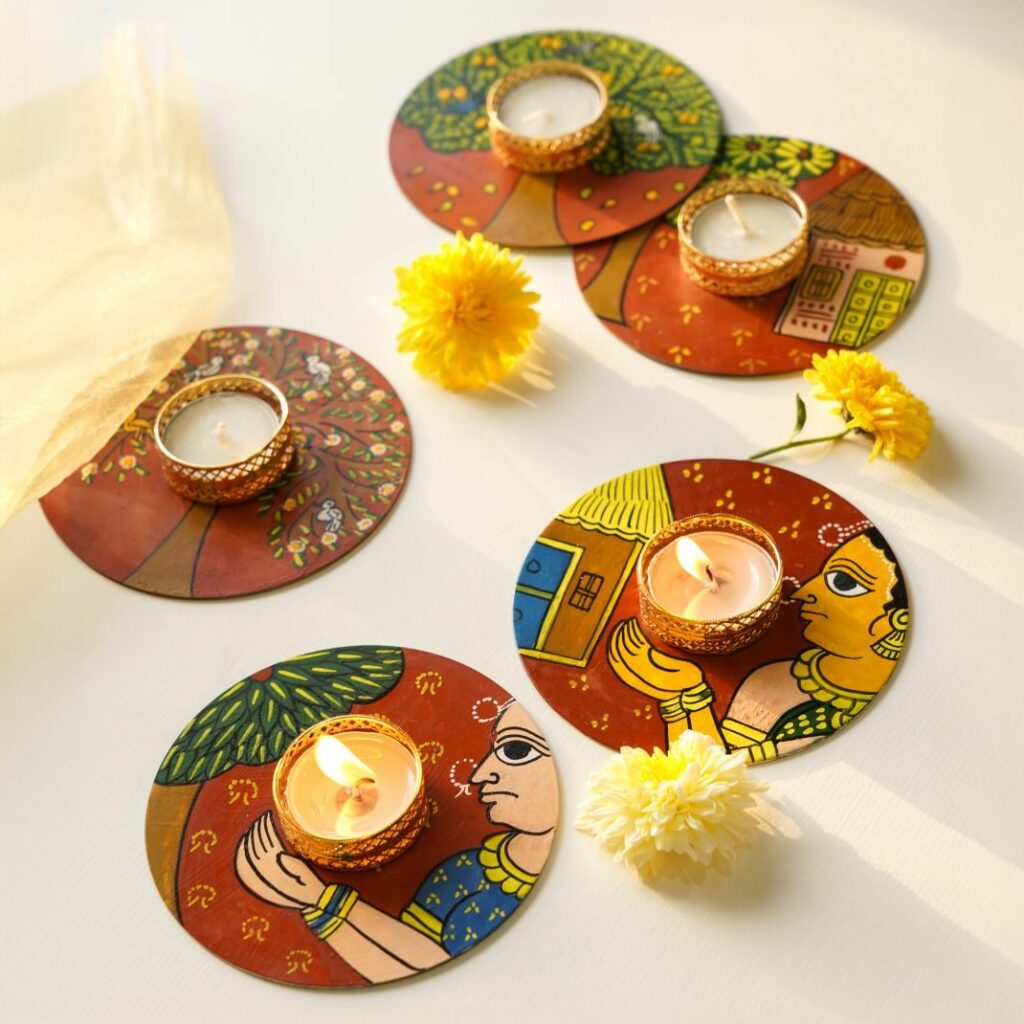
Hyderabad, Telangana, India
Club Artizen offers affordable handcrafted housewares, accessories, and gift boxes that support artisans across India and encourage sustainable living. They focus on functional products that preserve India’s craft heritage and are made from upcycled, recycled, and environmentally responsible materials. Club Artizen partners with artisans, craft clusters, and not-for-profit organizations, assists with product design and development, and improves market access. They use their platform to share artisan stories and support the transition to a circular economy.
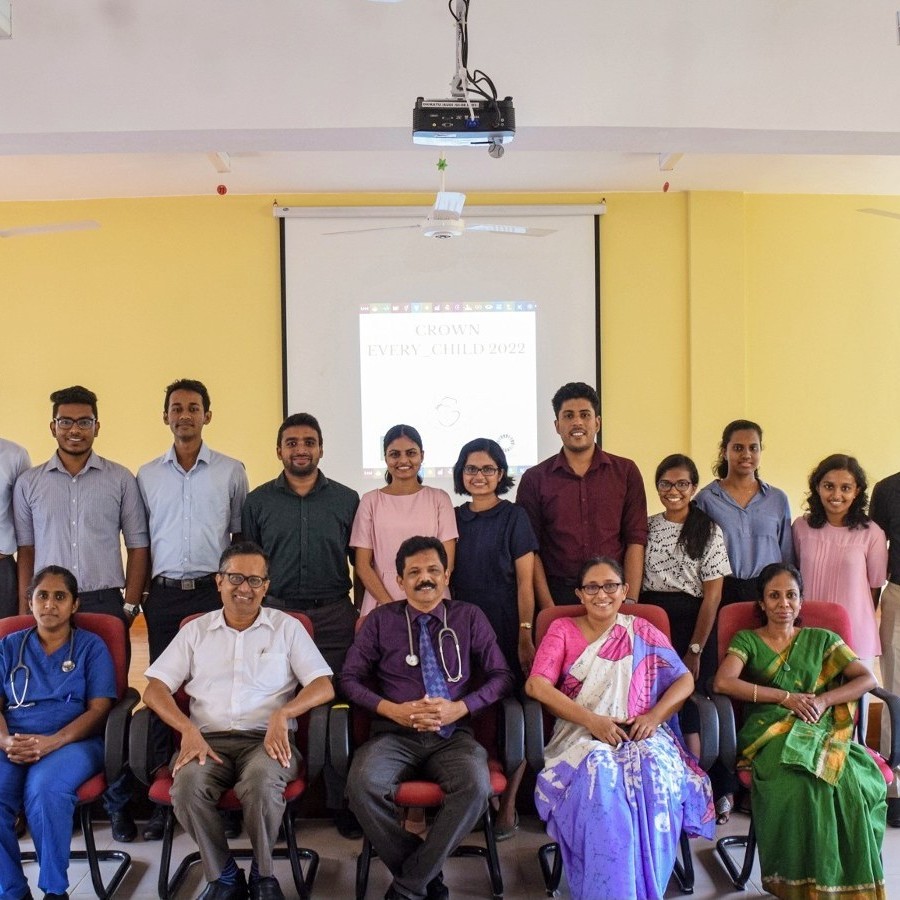
Nugegoda, Sri Lanka
Good Mother Good Nation aims to ensure all children in Sri Lanka are able to live without fear or deprivation and have an equal chance to expand their potential and reach their goals. They mobilize voluntary action and community donations to support mothers and children in need. Good Mother Good Nation is a youth-led not-for-profit initiative.
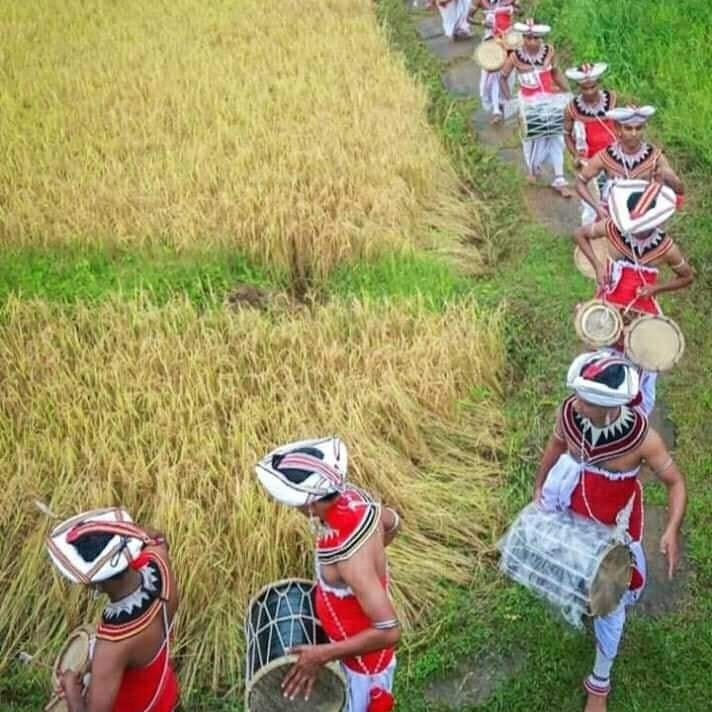
Greenvale, Victoria, Australia
Royal Organic Australia exports and distributes organically grown Sri Lankan products that contribute to health and wellness, farmer livelihoods, and environmental conservation. They specialize in heirloom rice, Ceylon tea, and coconut products. A portion of their profits are used to build toilets for rural schools and supply mosquito nets for people in need. Royal Organic products are Australian Certified Organic.
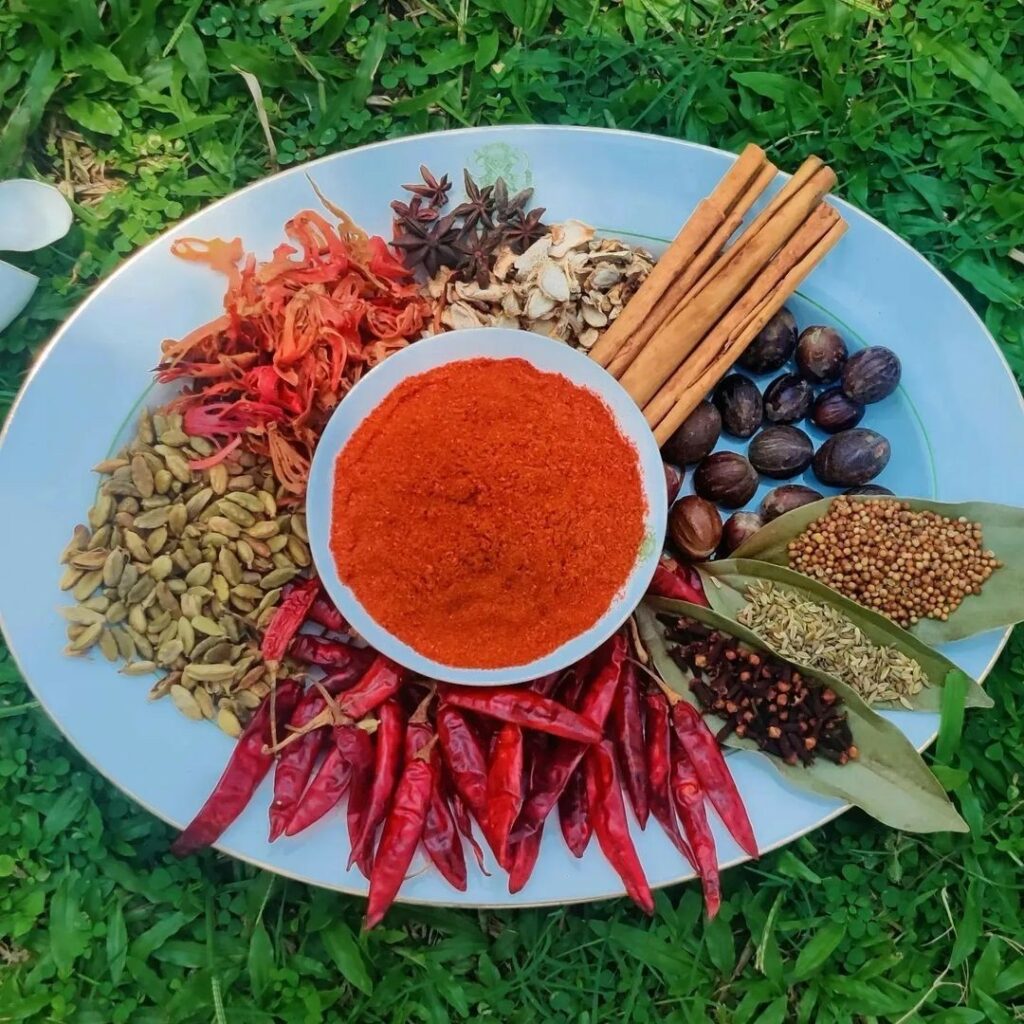
Kelaniya, Sri Lanka
DK Products offers curry powders and chili products in Sri Lanka with a focus on transparency, short supply chains, and supporting local farmers. They harvest pandan and curry leaves from their own home garden and directly source other locally grown spices from farmers in Radhawadunna, Gampaha. DK Products encourages environmentally responsible cultivation practices and invests in training and other support. They offer a bulk refill service for customers to minimize packaging waste.
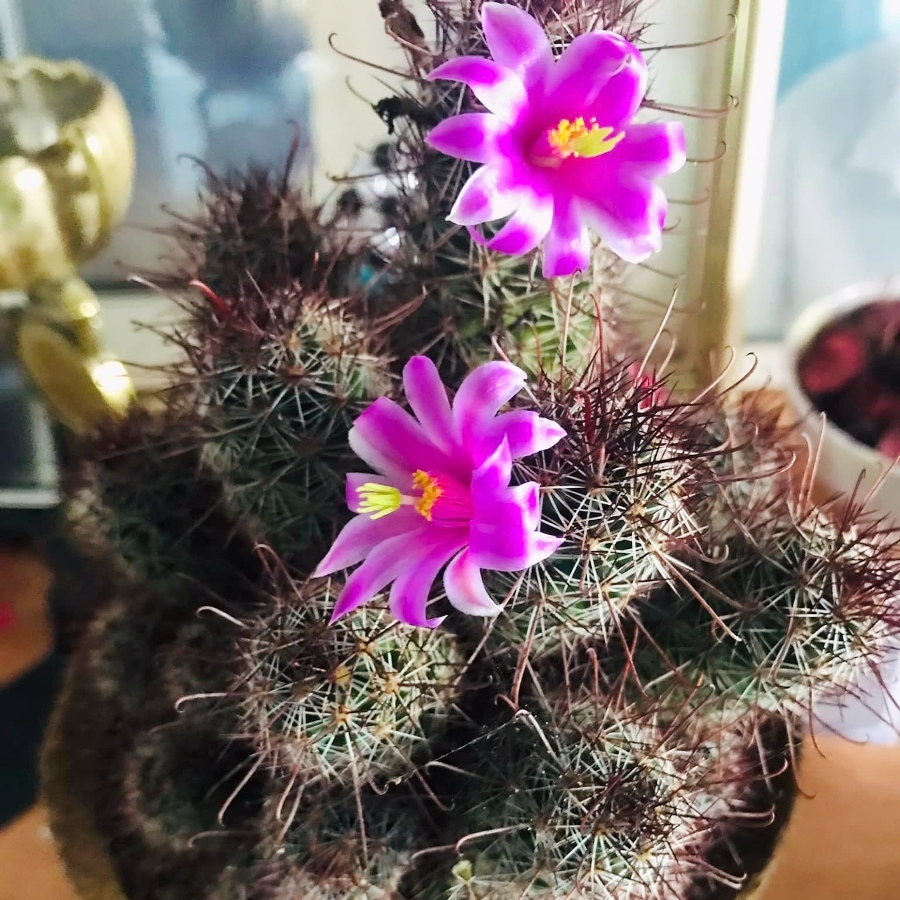
Matara, Sri Lanka
Aloka Plant Nursery offers affordable, naturally grown potted plants for a healthy life and a healthy mind. They use pots and planters made from locally sourced clay, cane, coconut coir, and coconut shells. Aloka Plant Nursery uses coconut husk, charcoal, compost, and other natural fertilizers and maintains insect-repellent plants for pest control. They provide after-sales advice and support to customers.
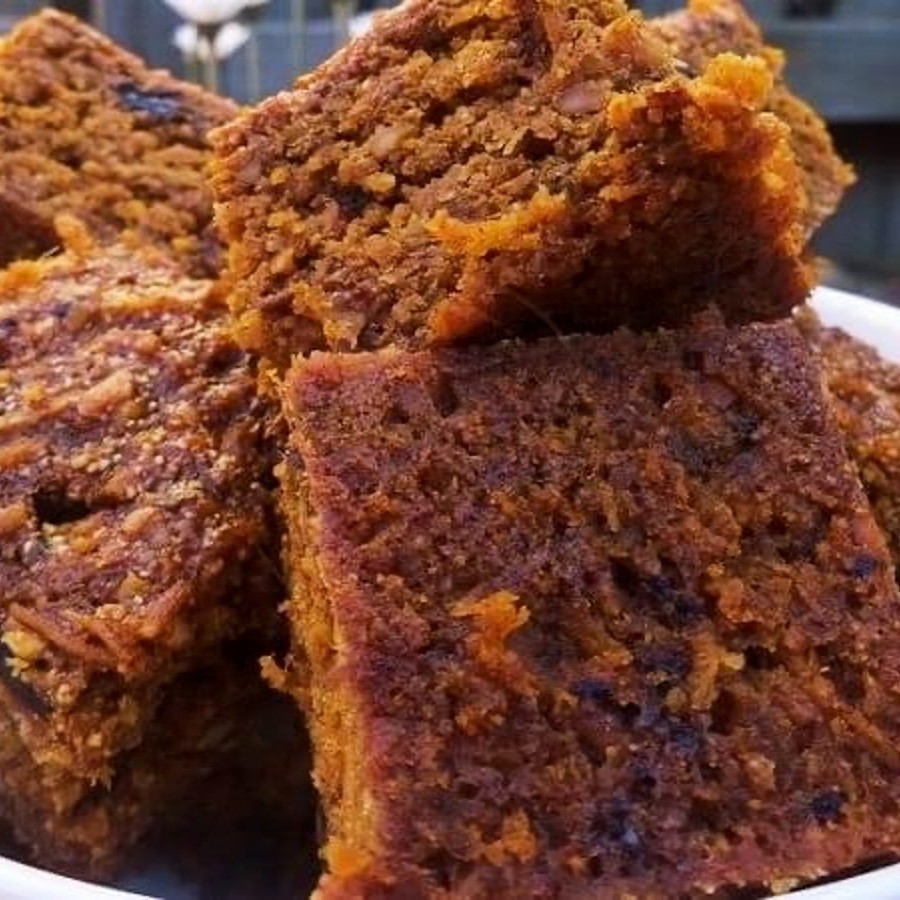
Madampe, Sri Lanka
The Coconut directly sources local ingredients from rural suppliers to produce affordable Sri Lanka treats. They specialize in traditional bibikkan coconut cake and coconut milk toffees. They use home-ground rice flour, coconut, and eggs from their village and cashew, cardamon, clove, cinnamon, and vanilla from known producers.
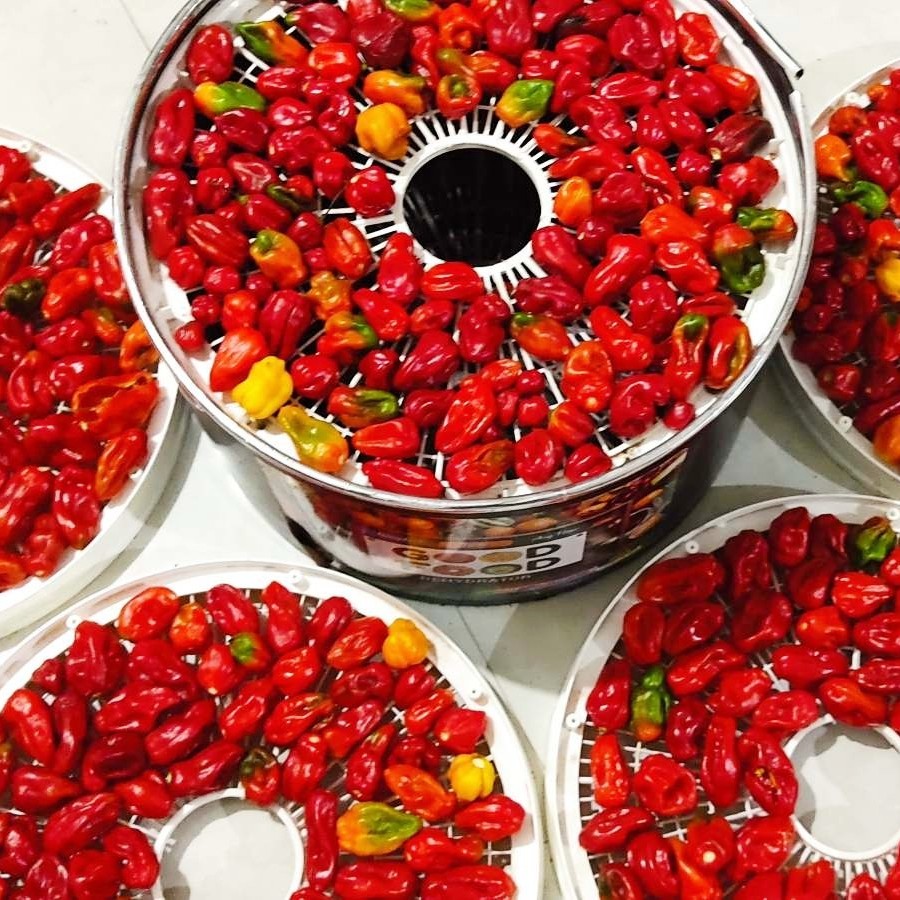
Godagama, Sri Lanka
N & K Orient makes value-added food products in Sri Lanka to reduce food waste and create employment opportunities for rural women. They offer cassava flour, moringa powder, dehydrated brinjal, and other local fruits and vegetables. N & K Orient works with farmers in Kos Delwattakkapa, Matara that do not use synthetic agrichemicals.
Know an initiative that’s good for people and good for the planet? Encourage them to get involved! www.goodmarket.global/apply.